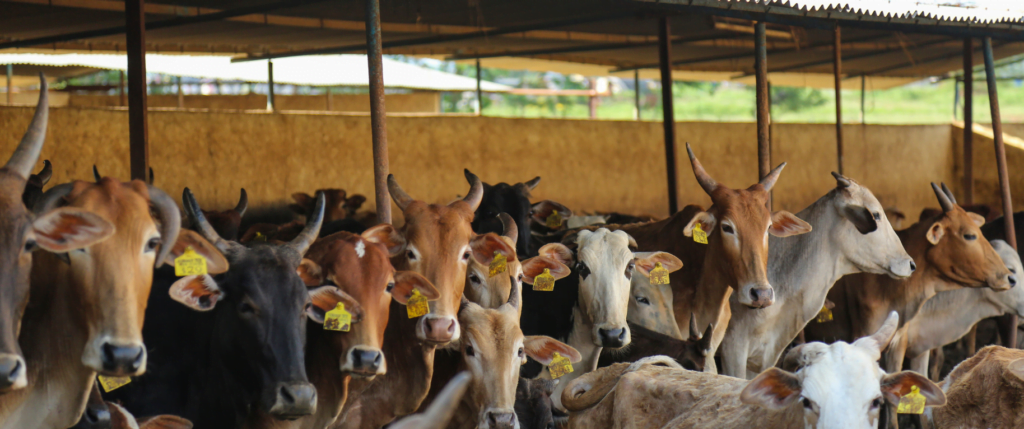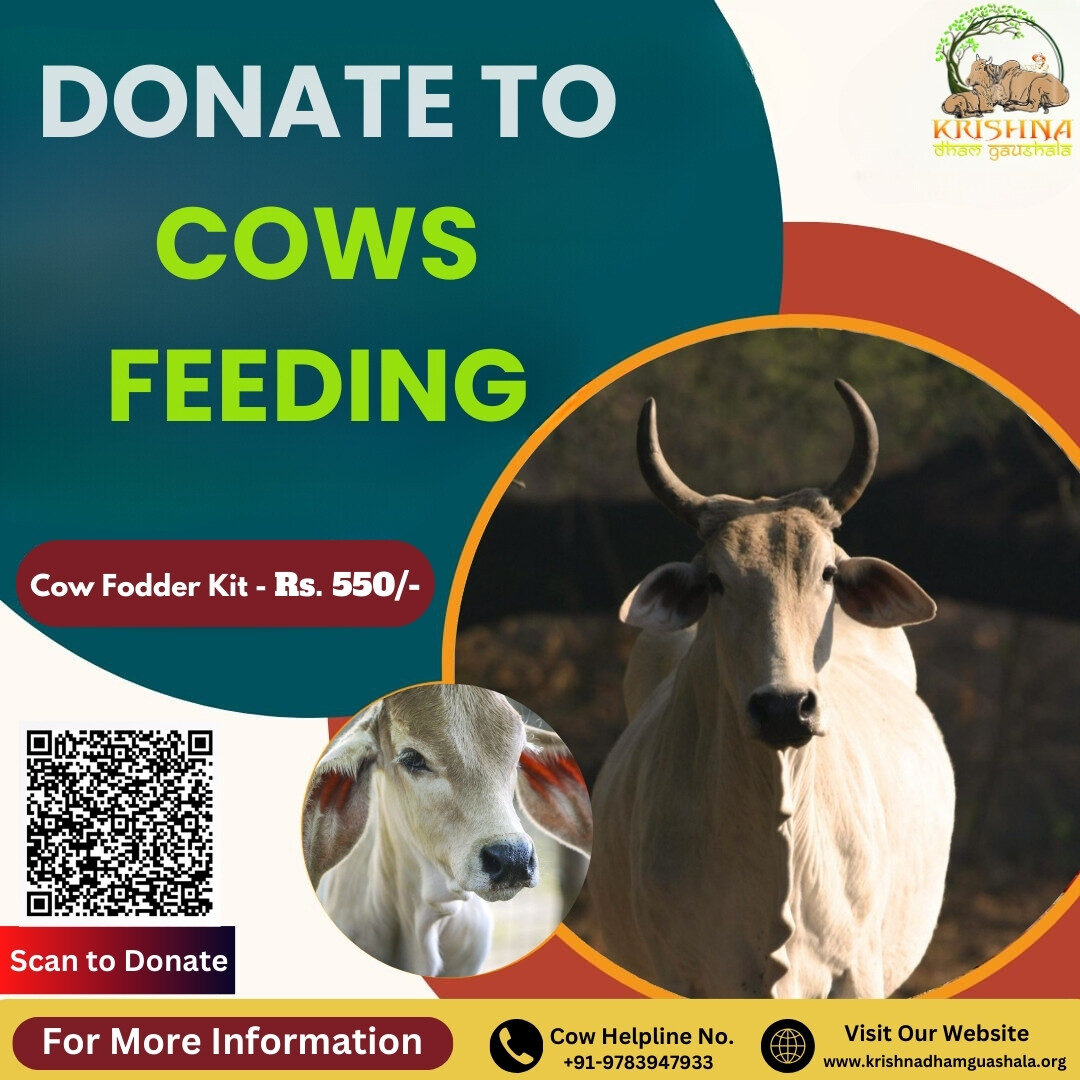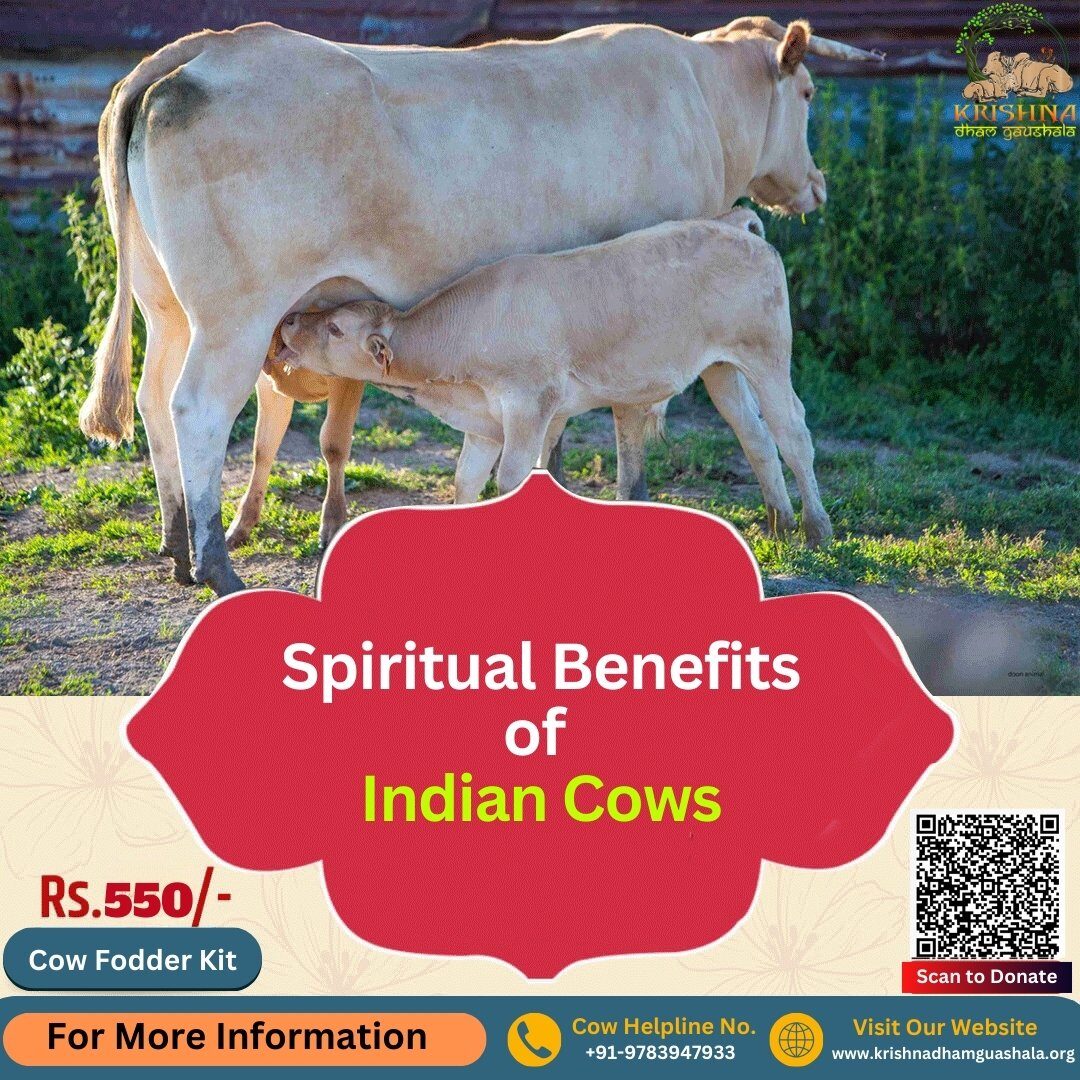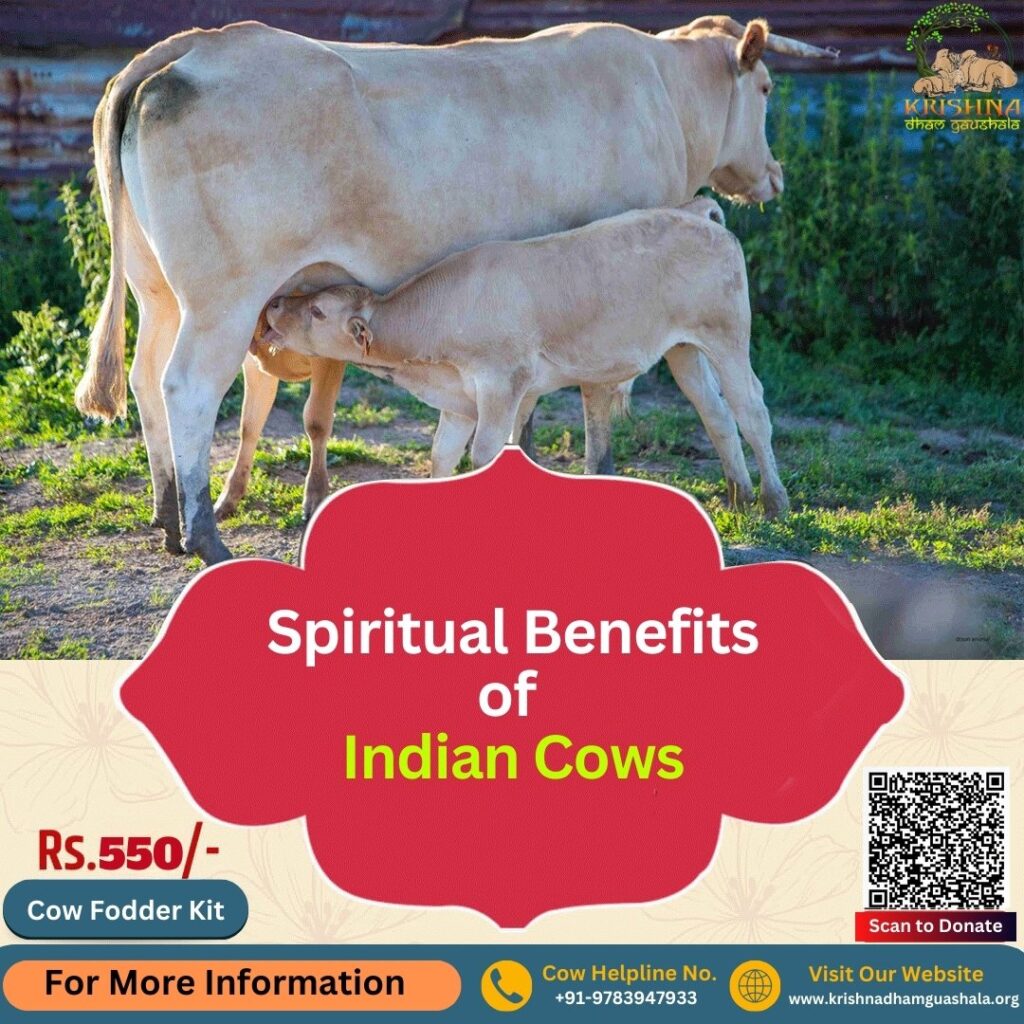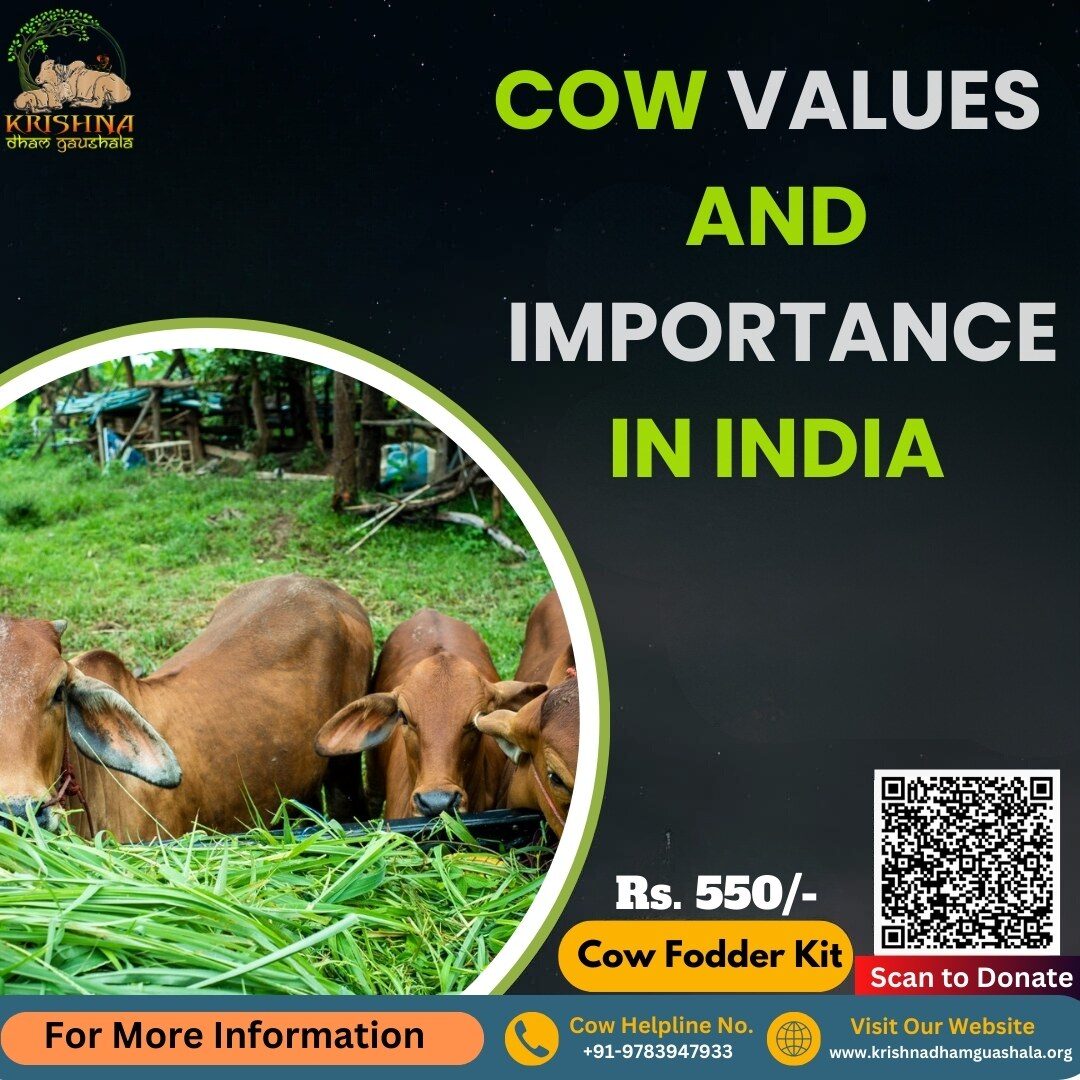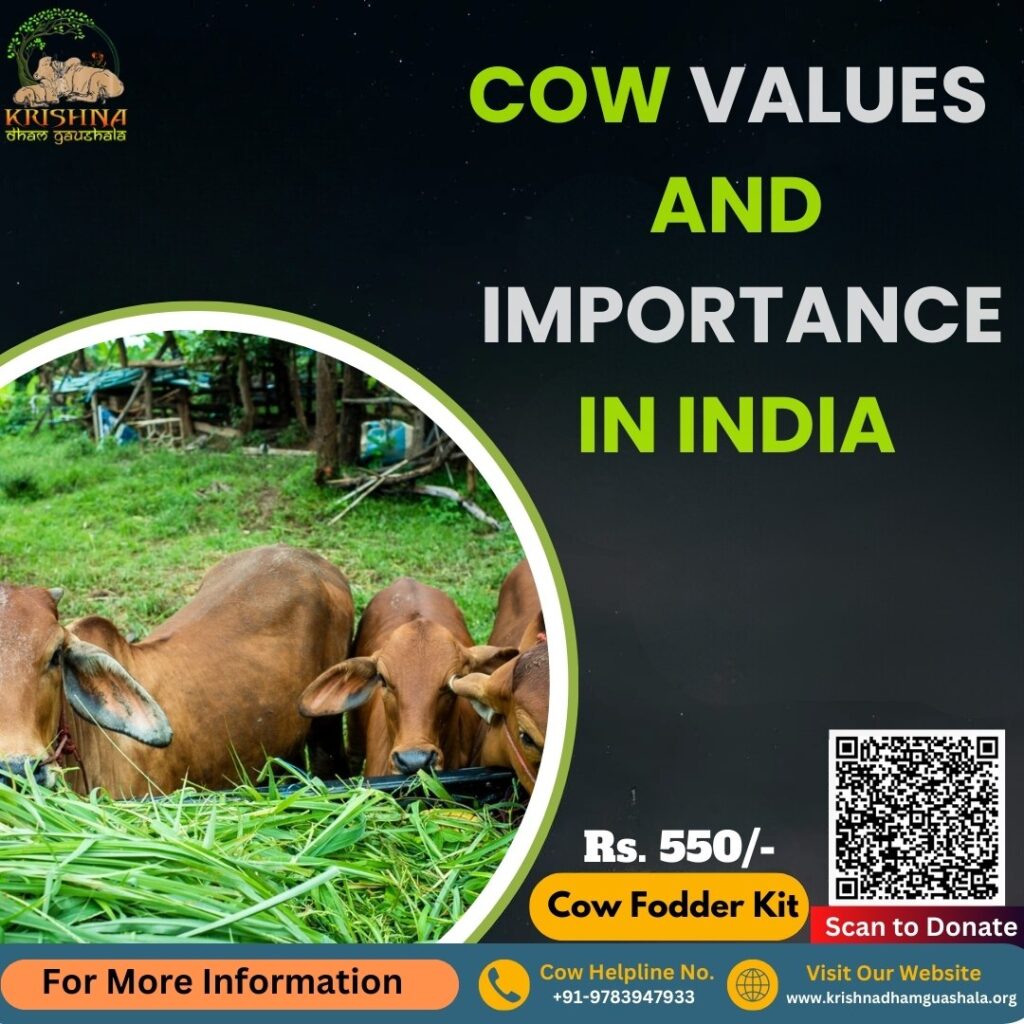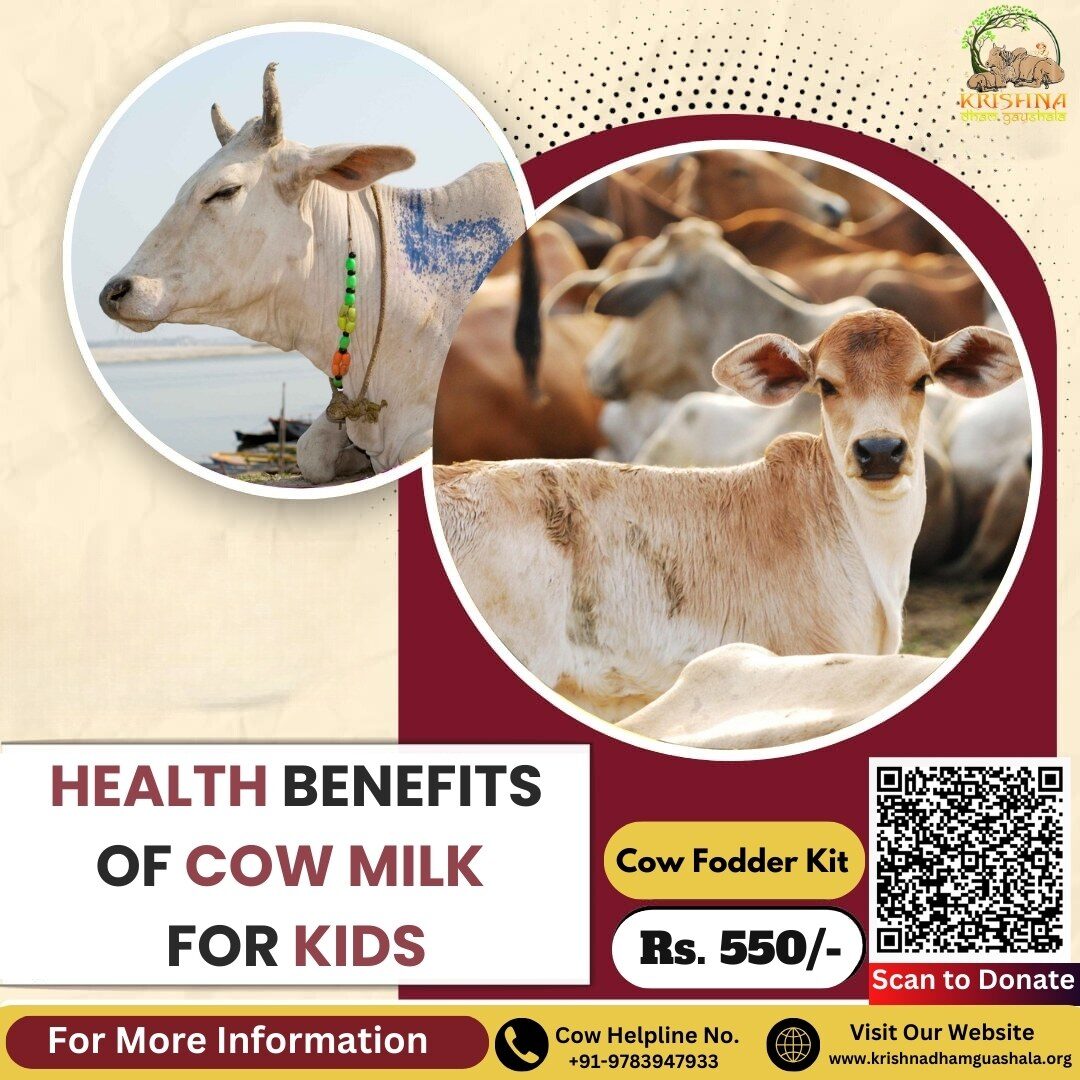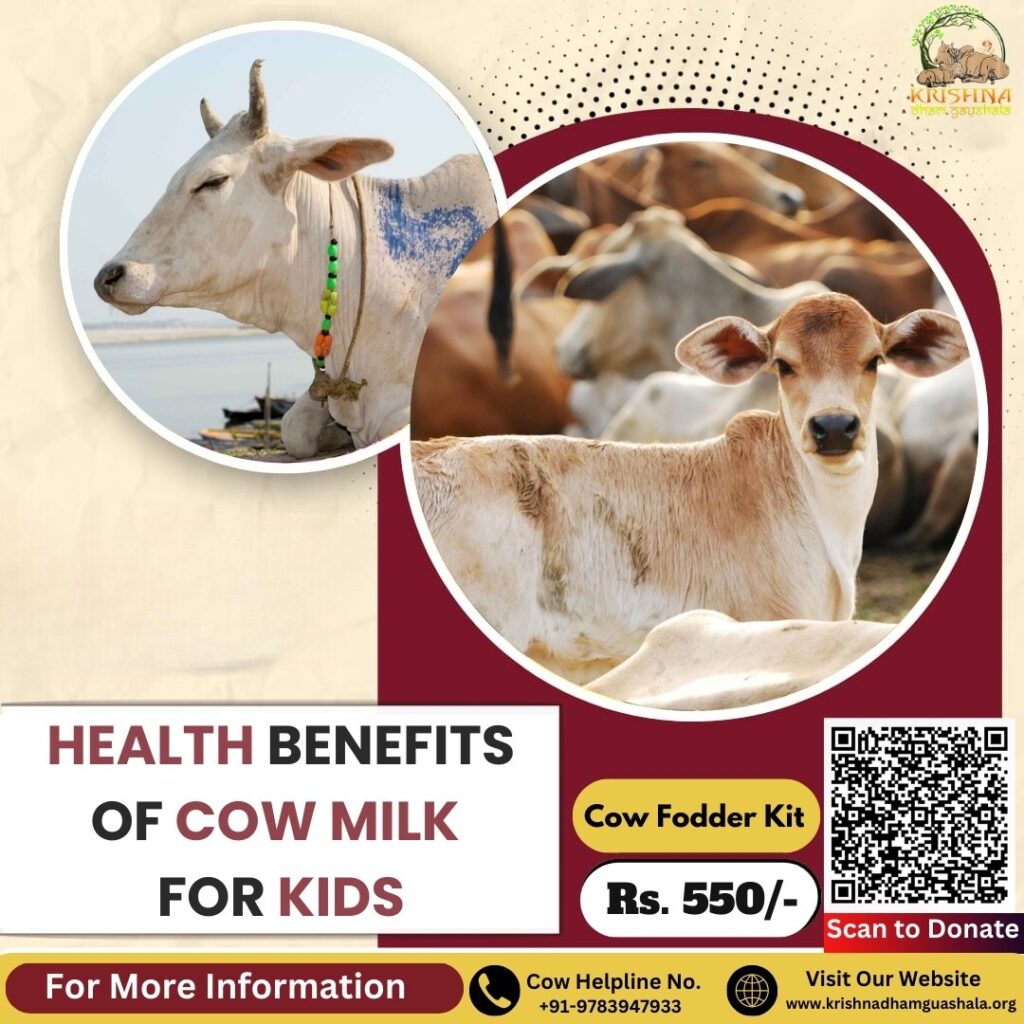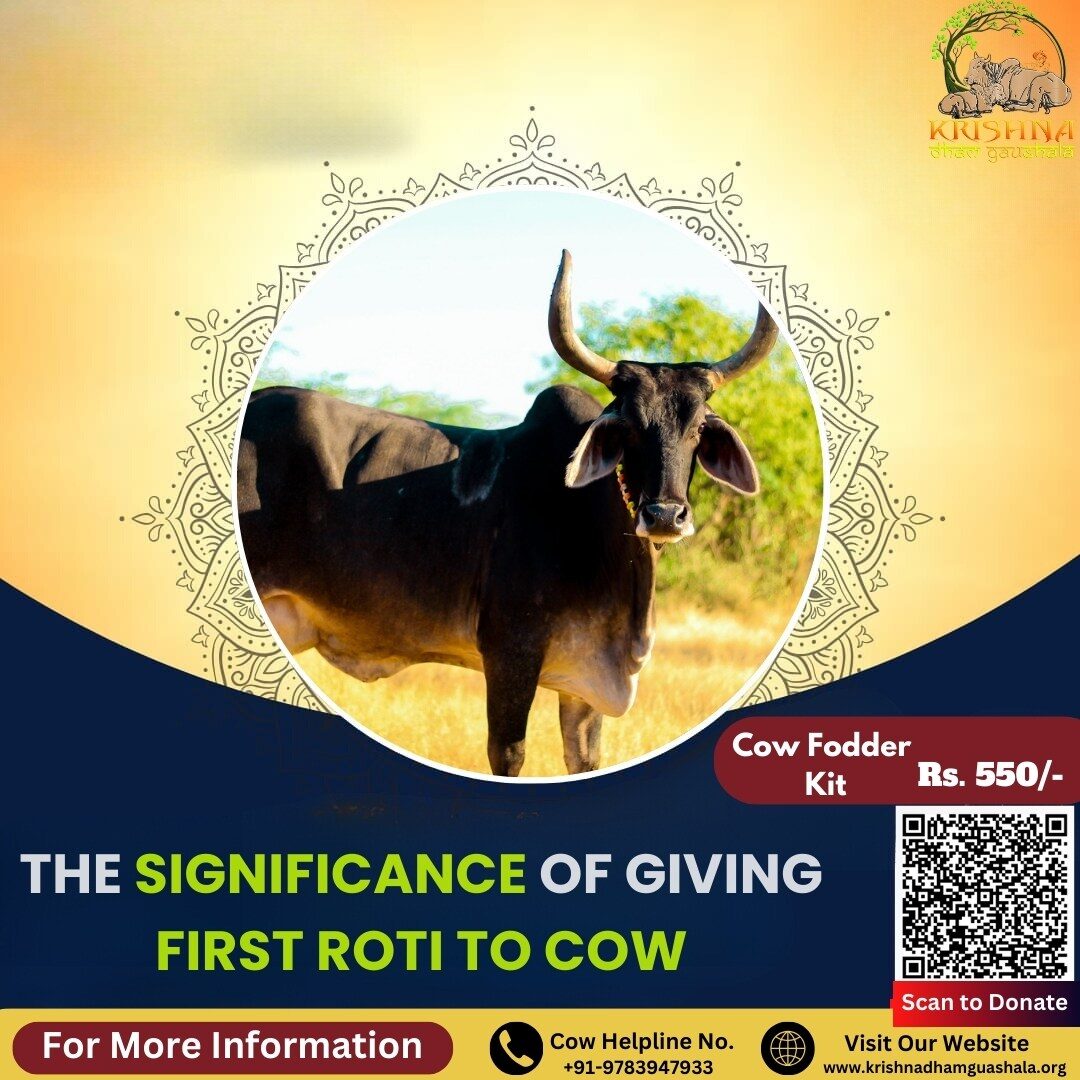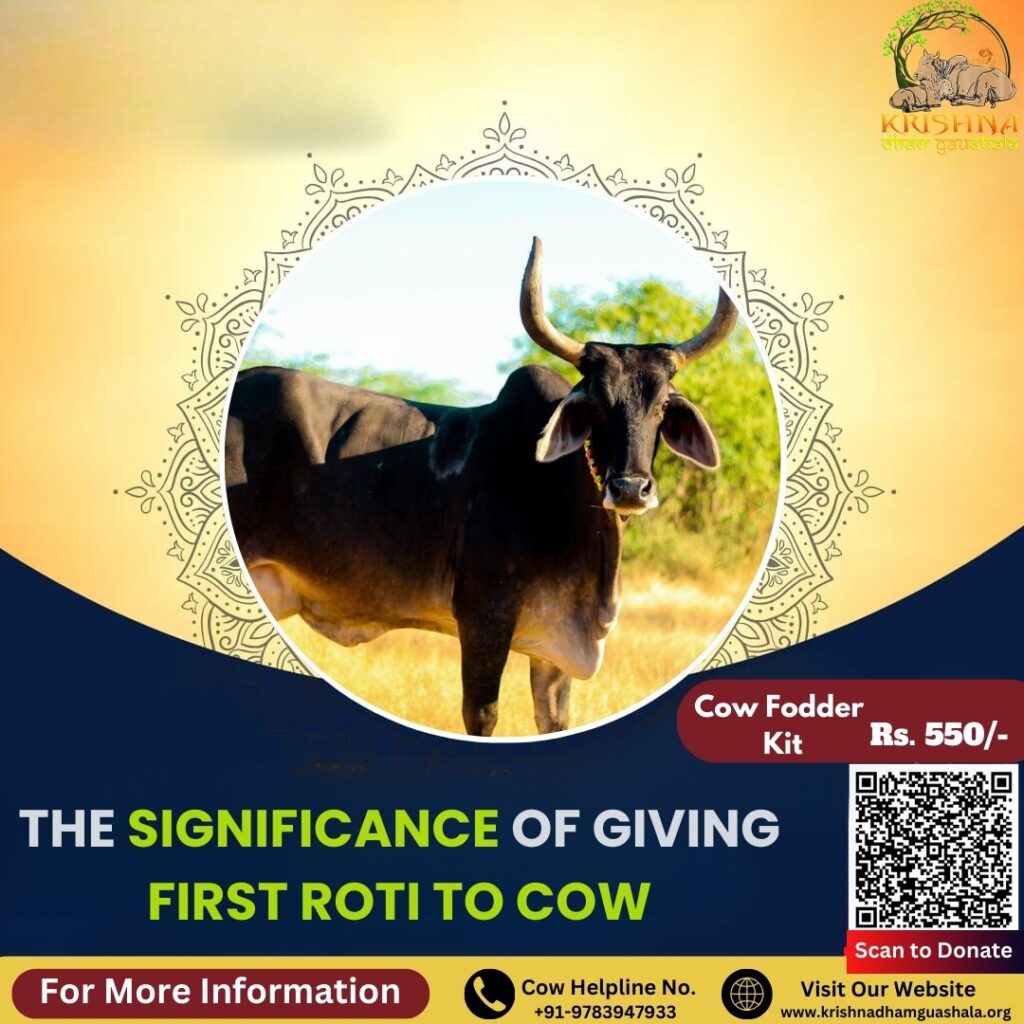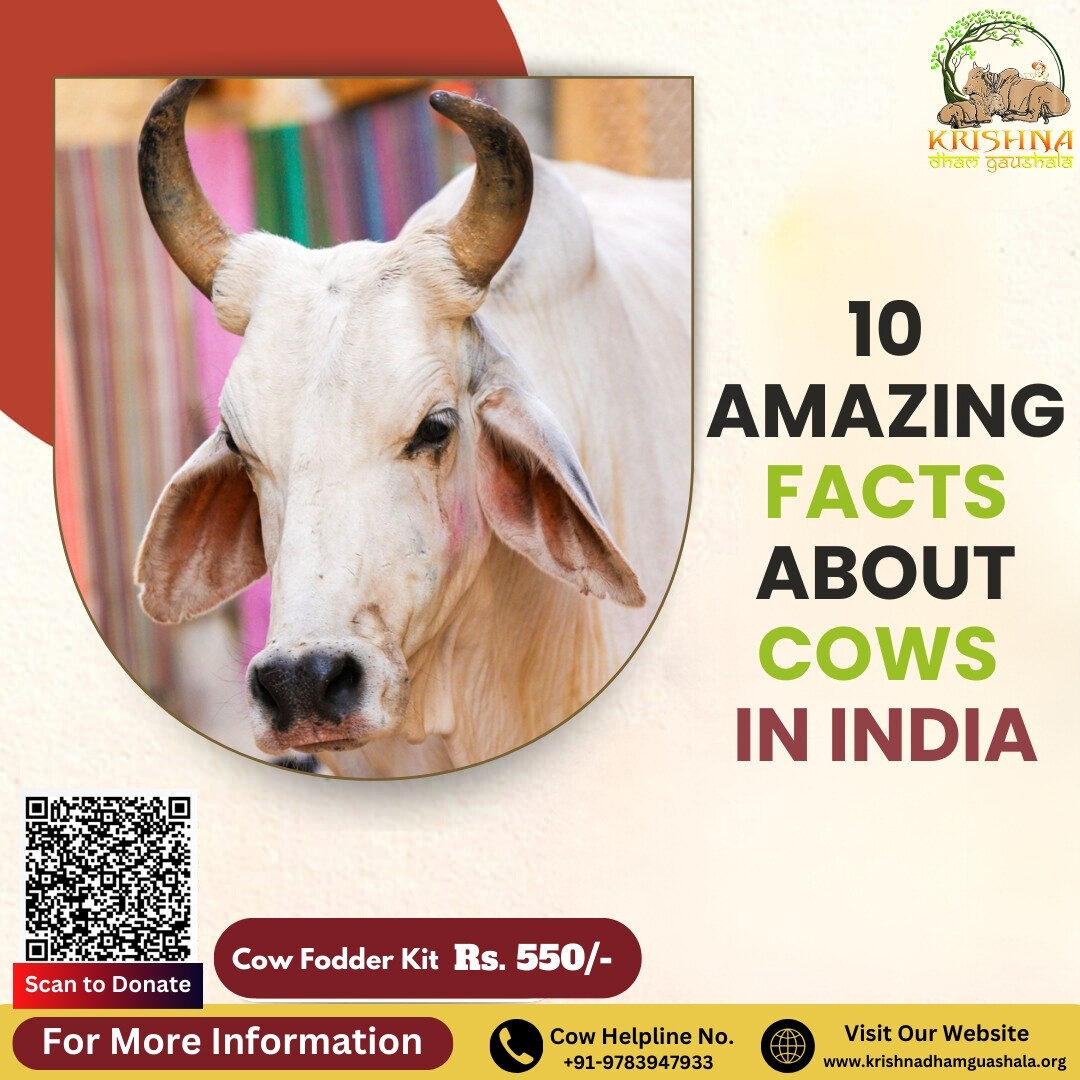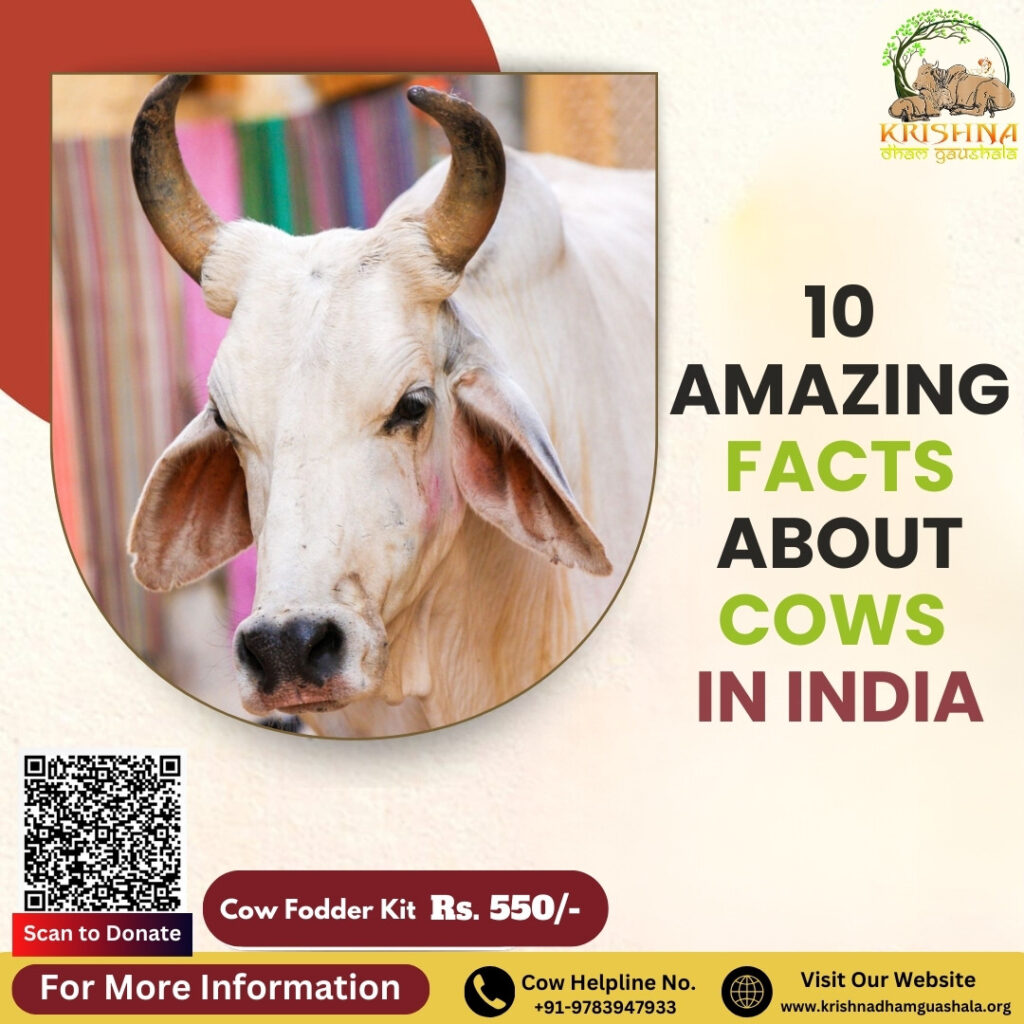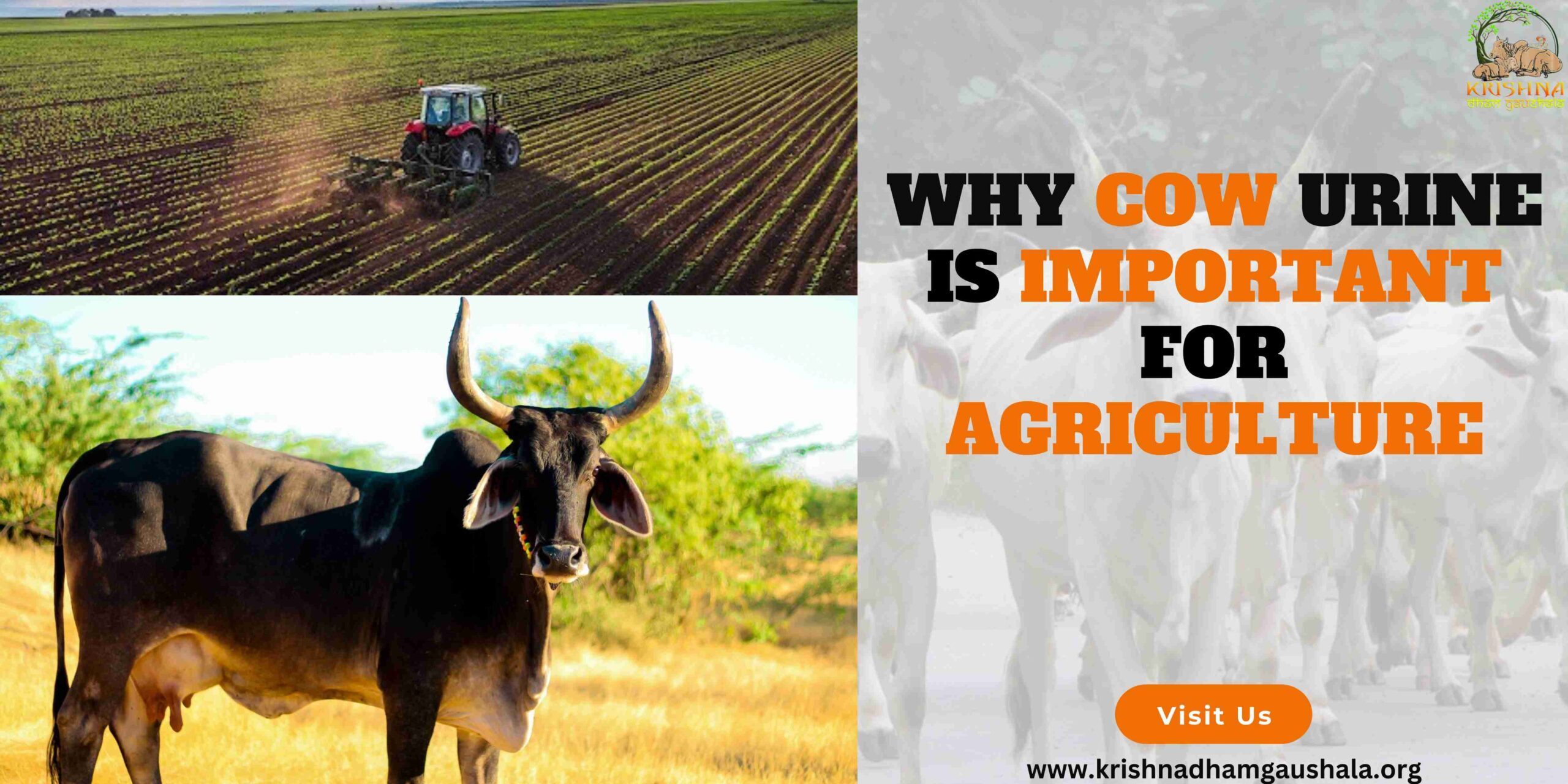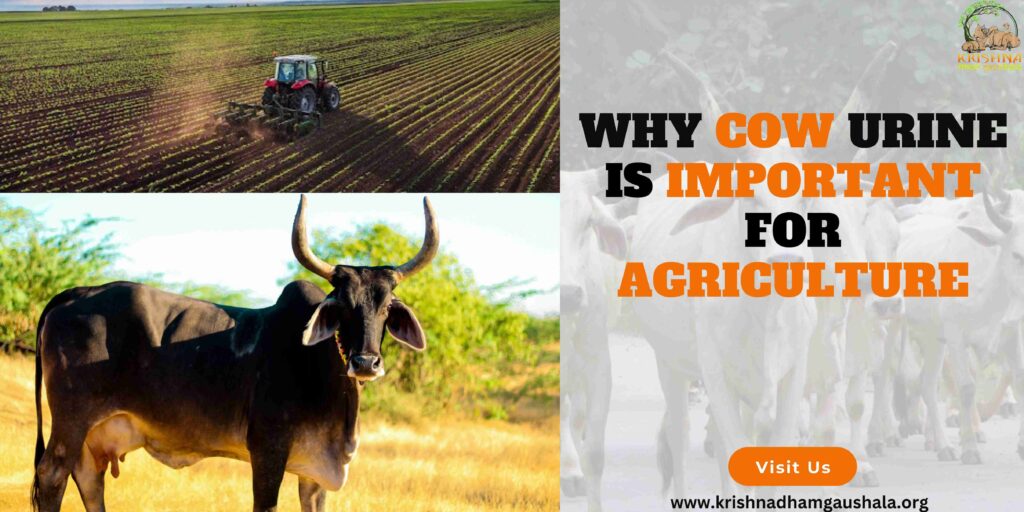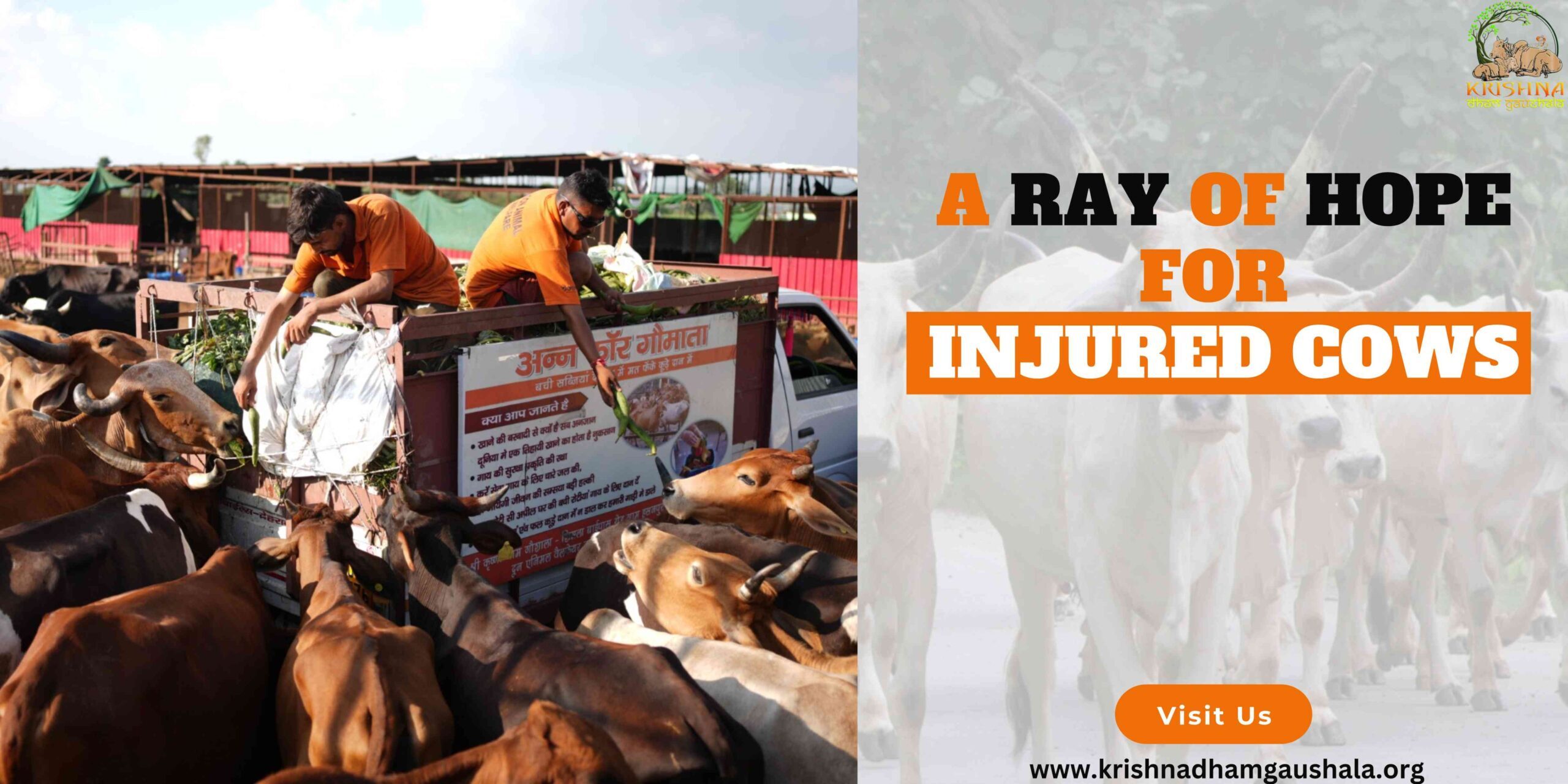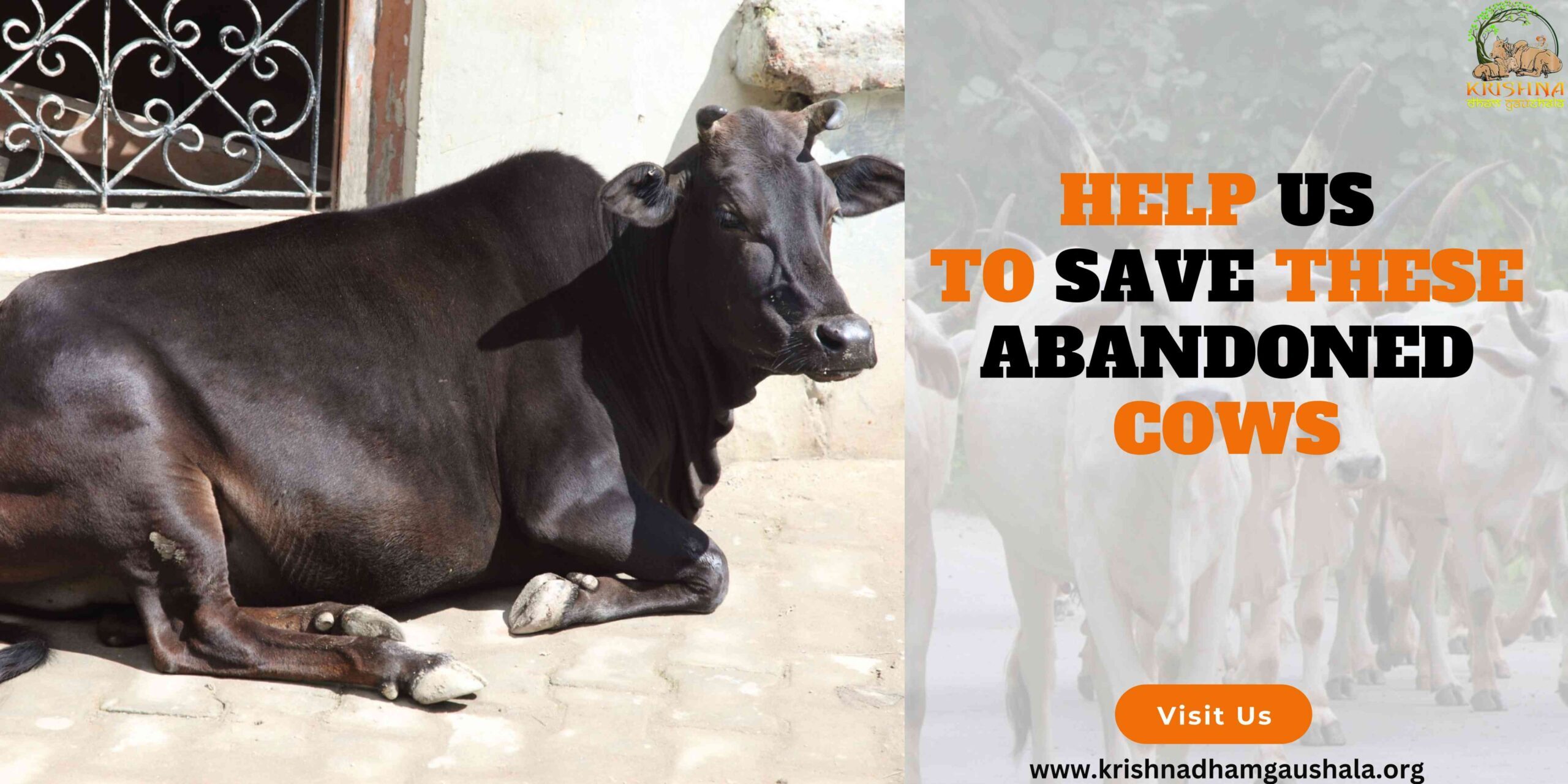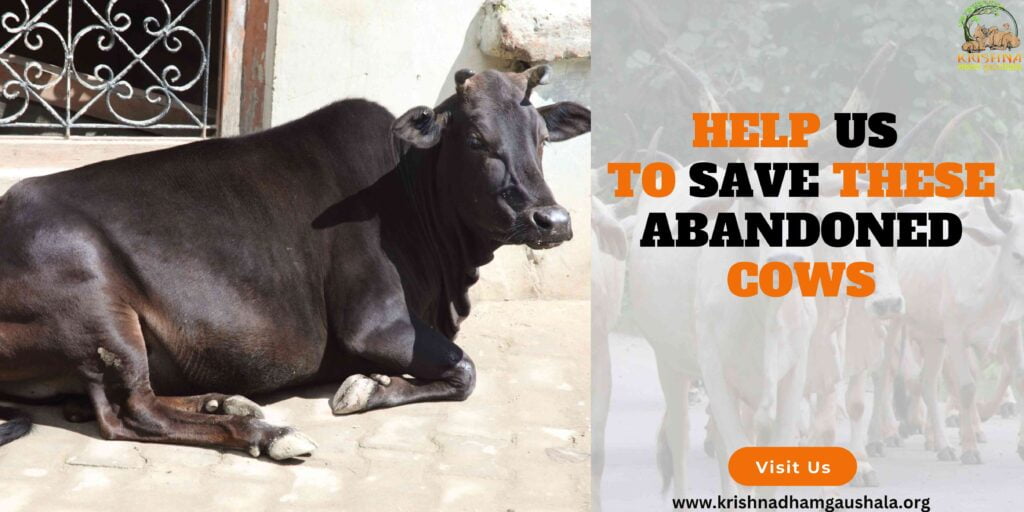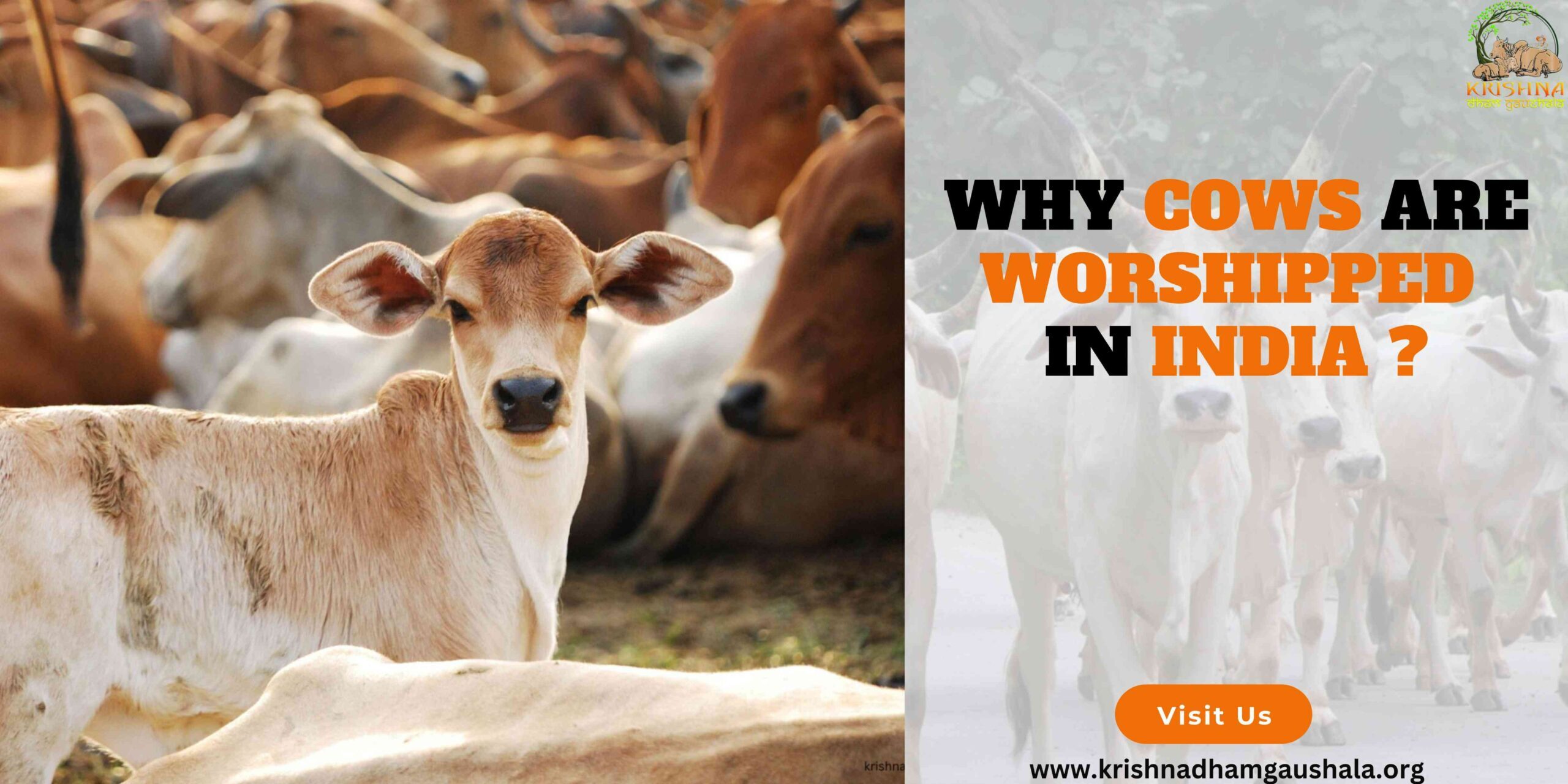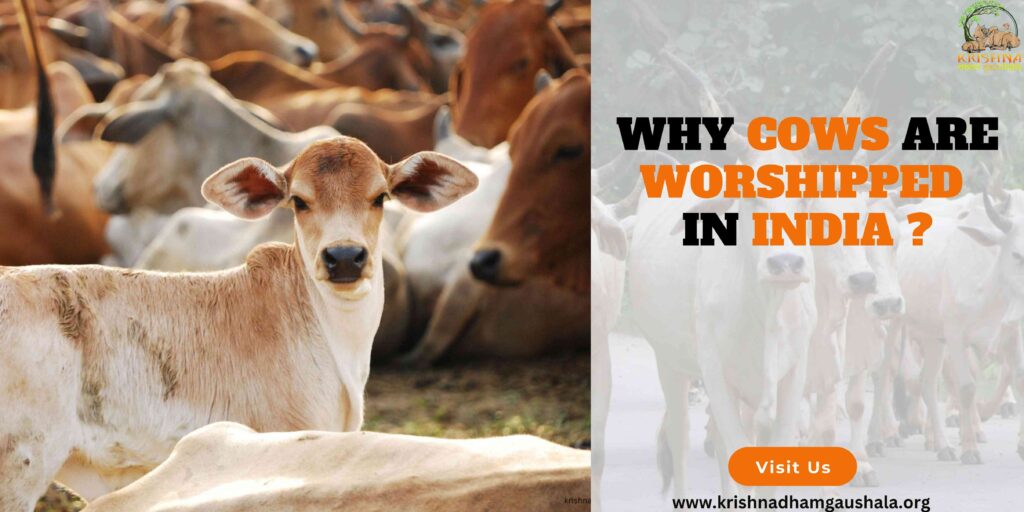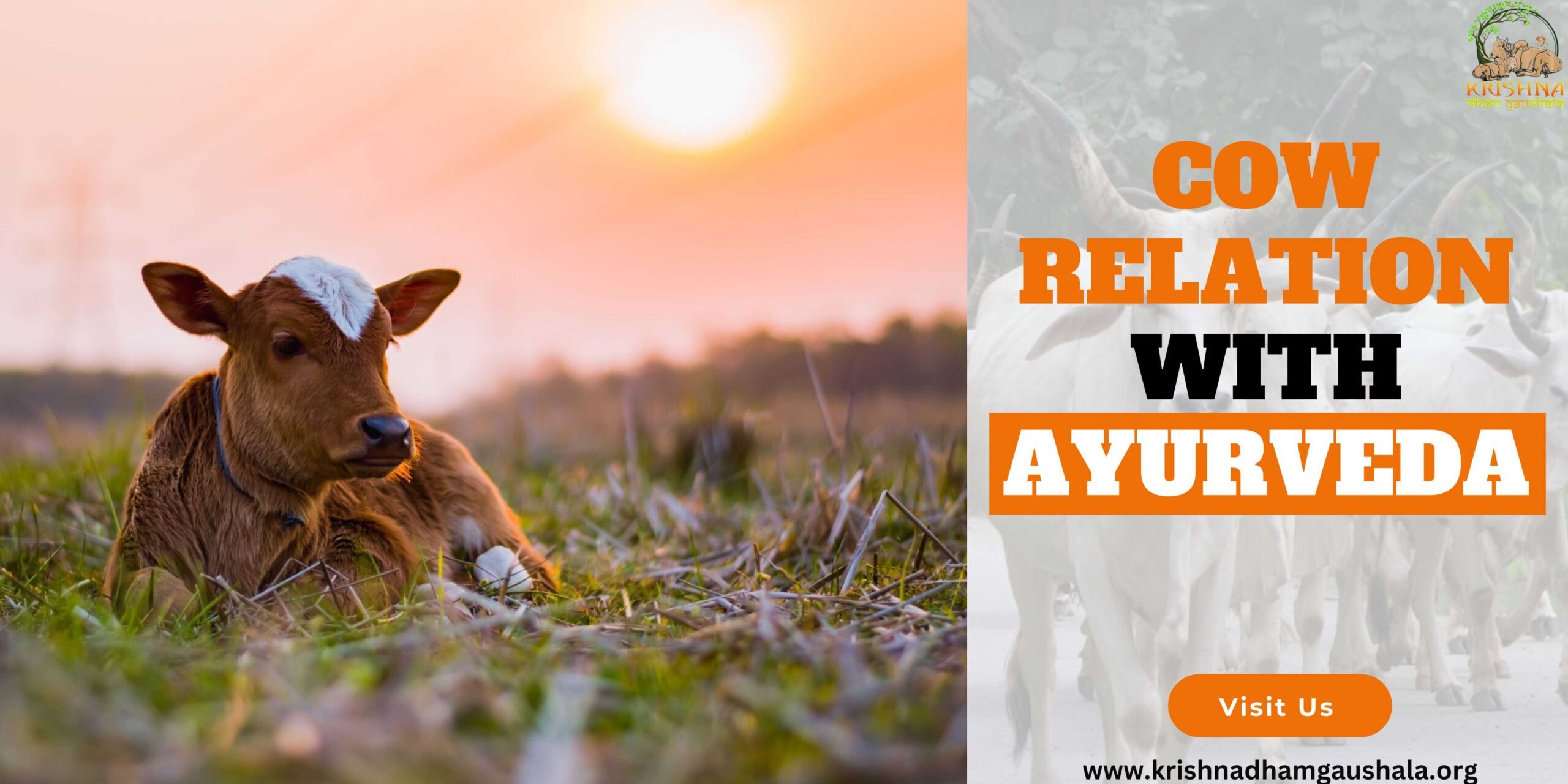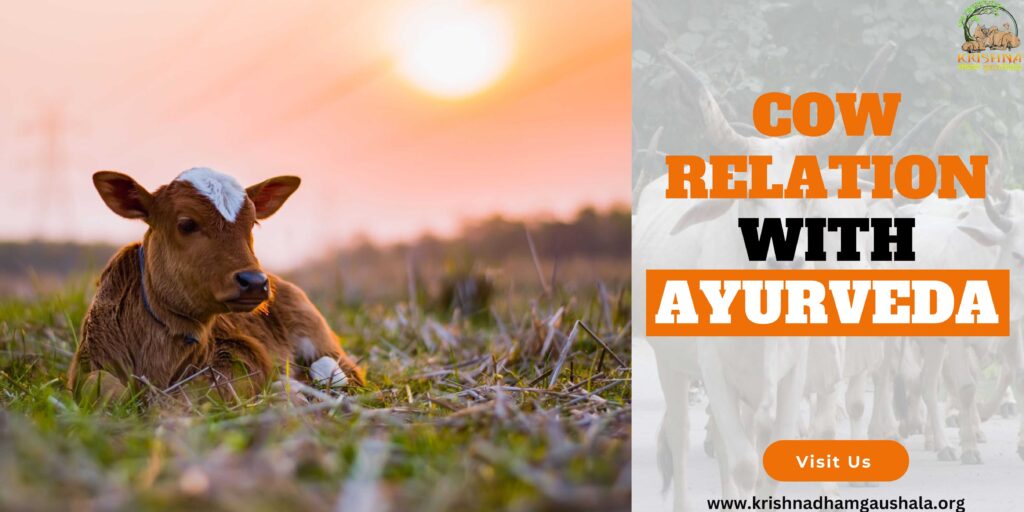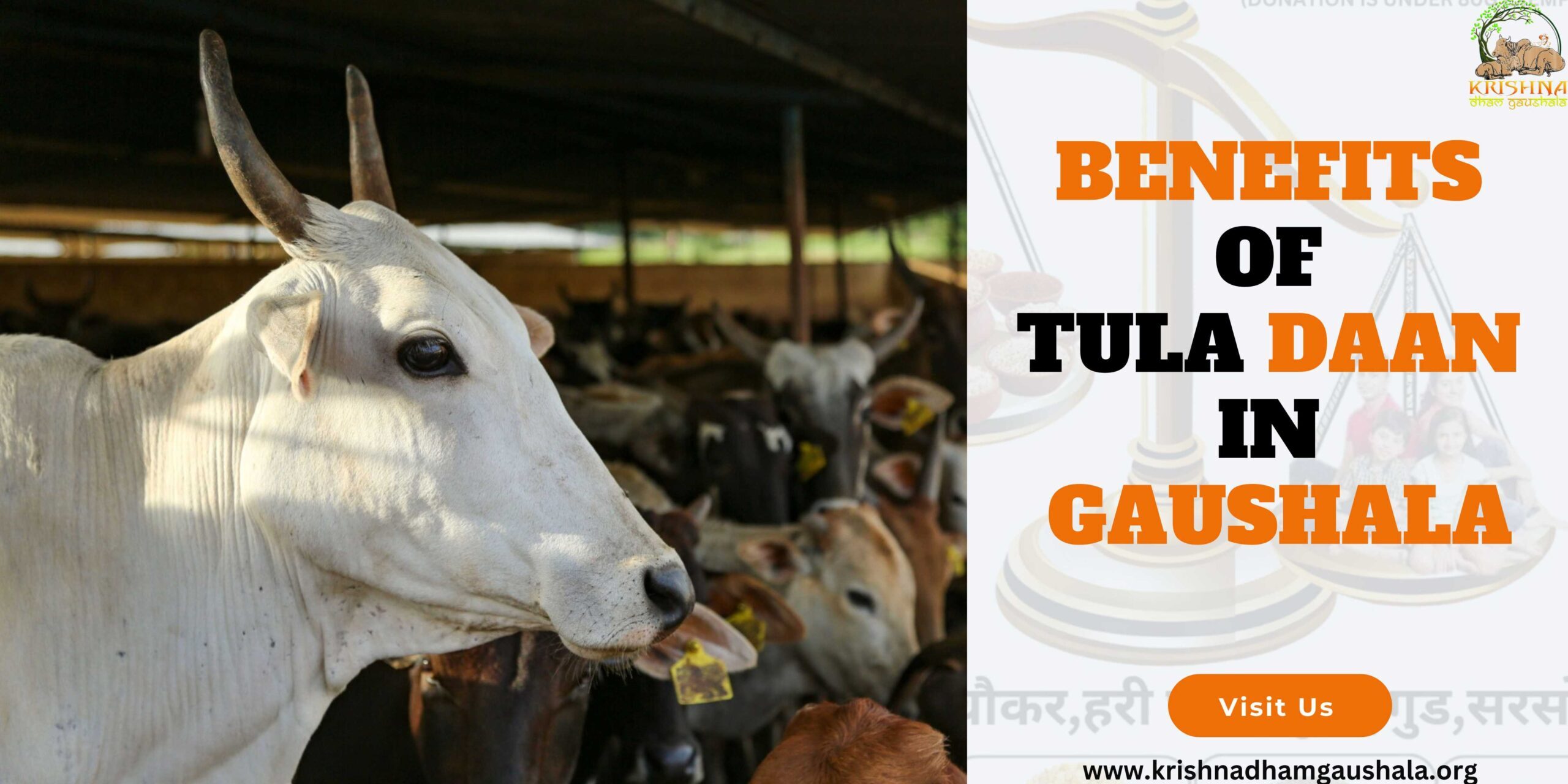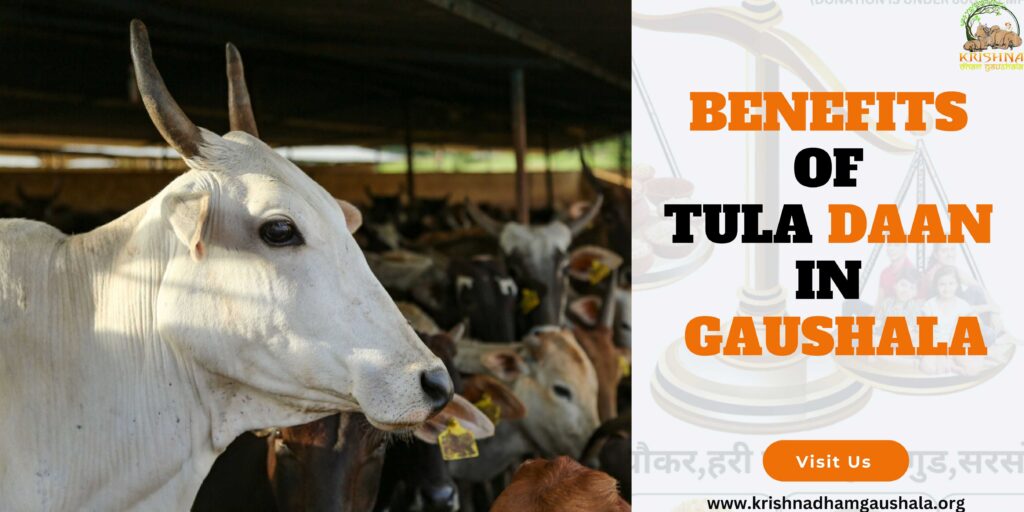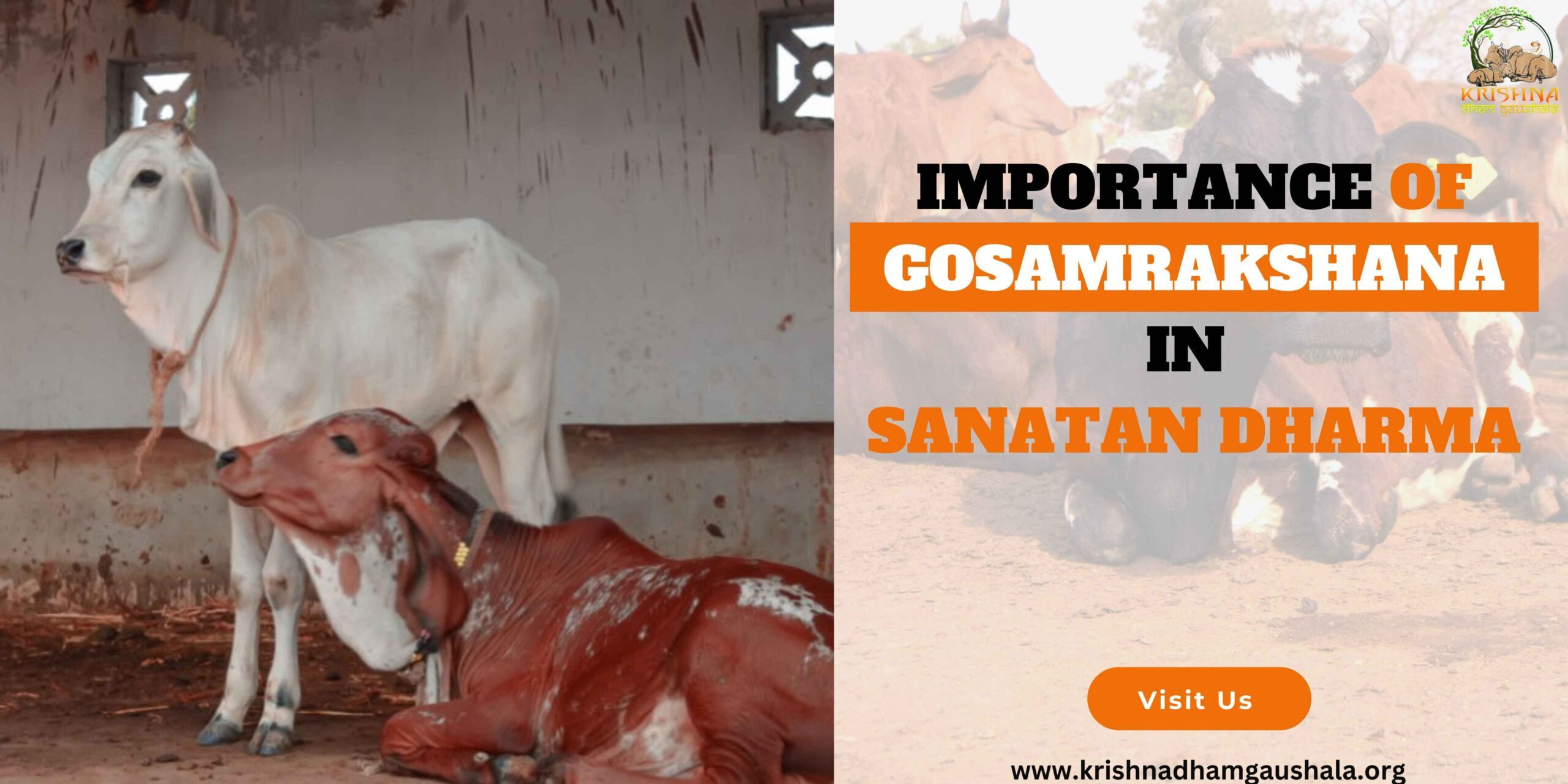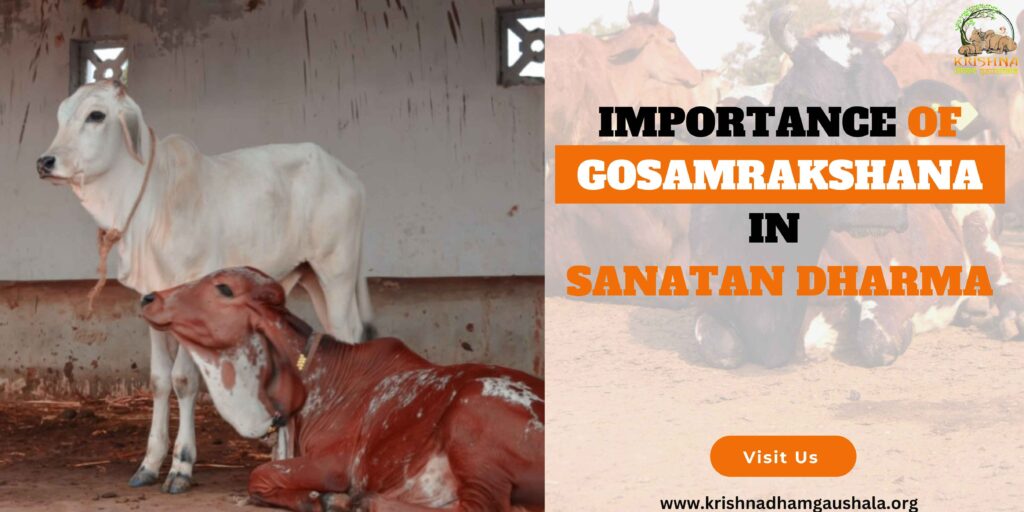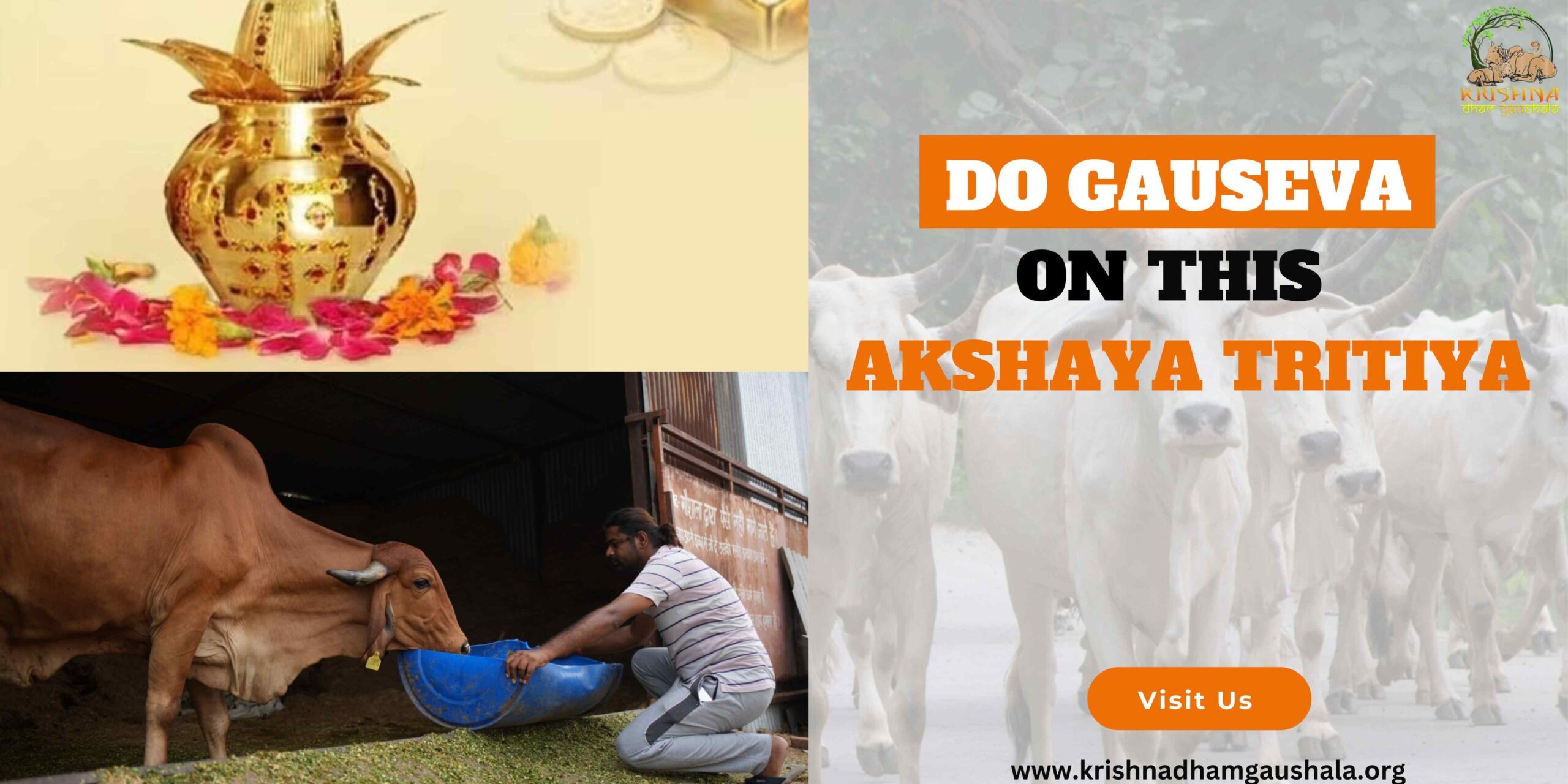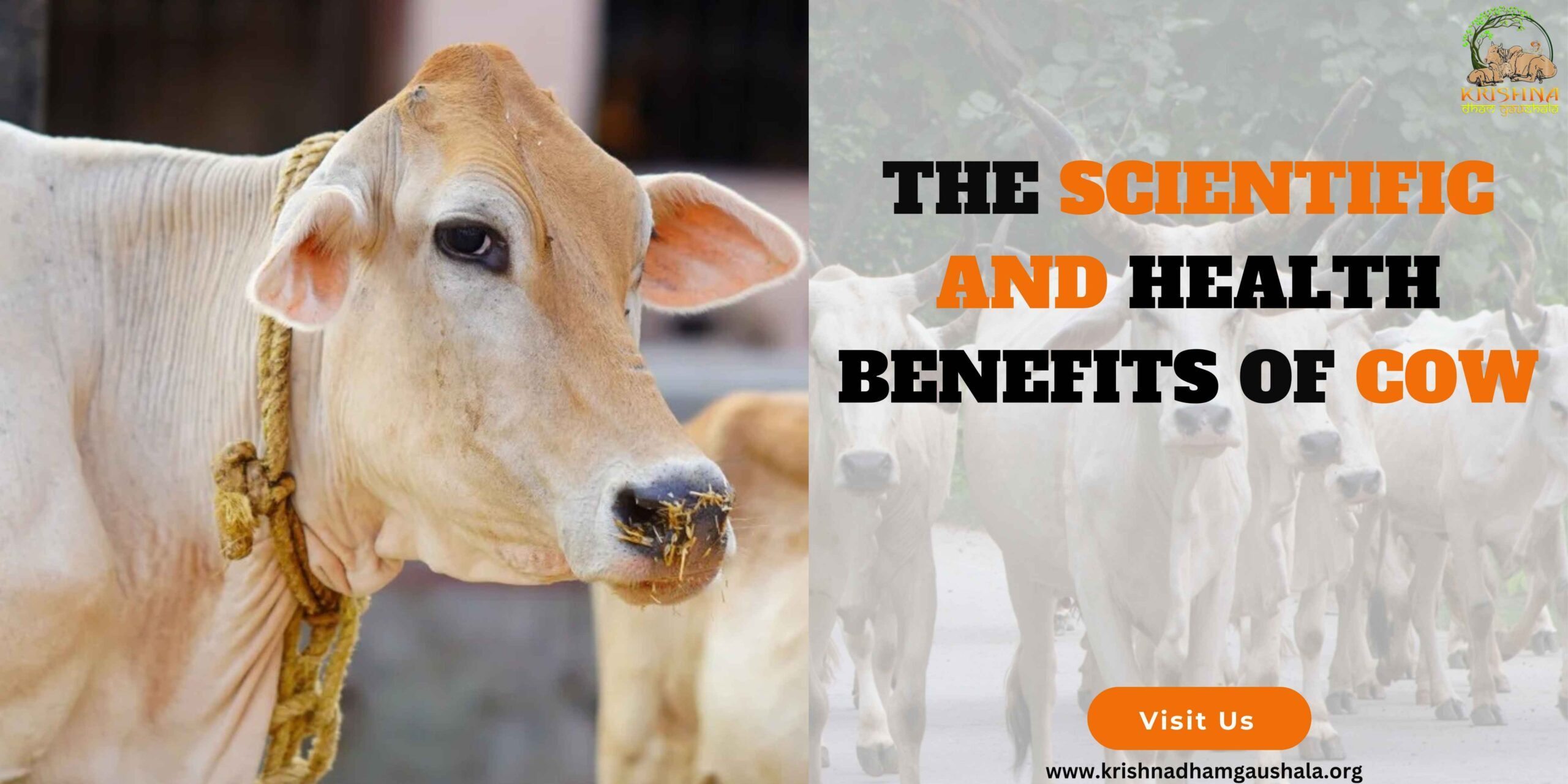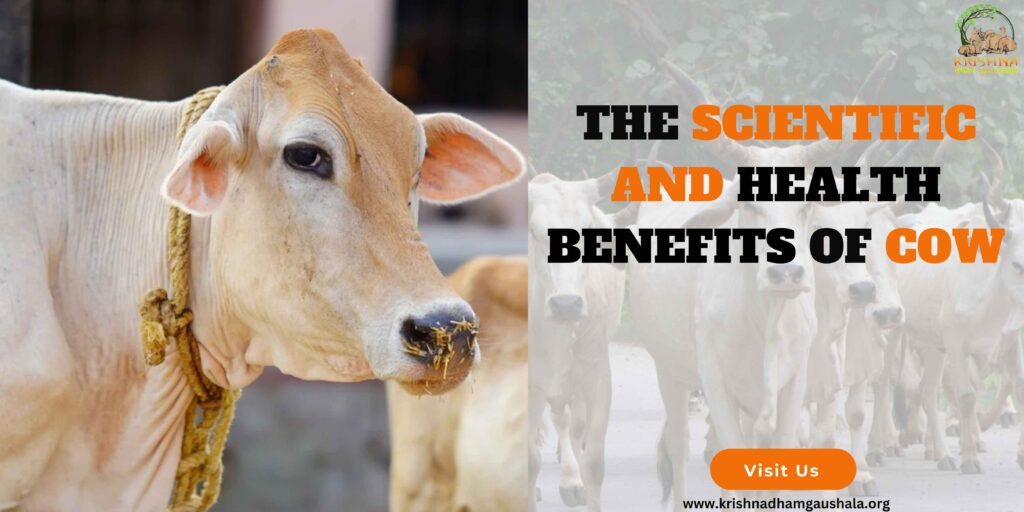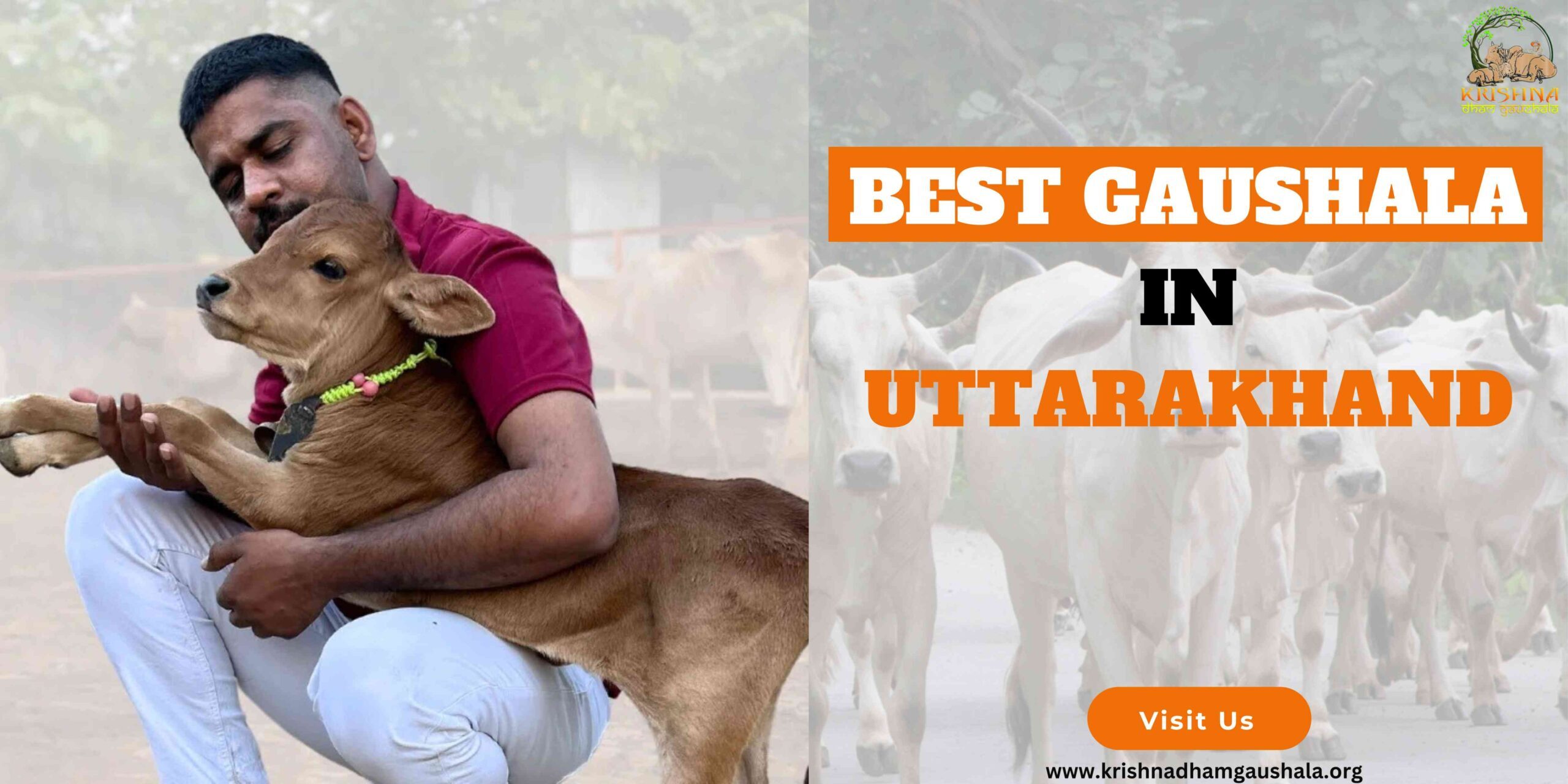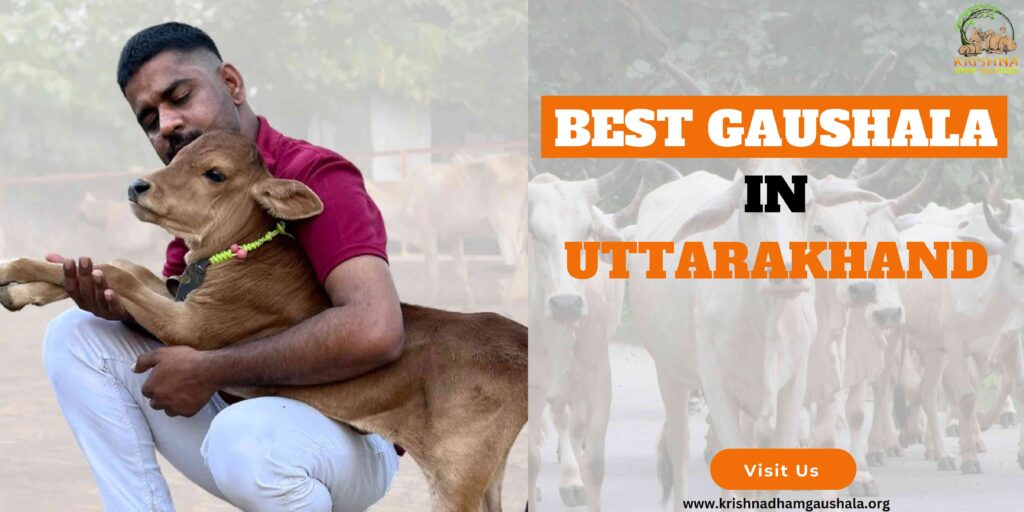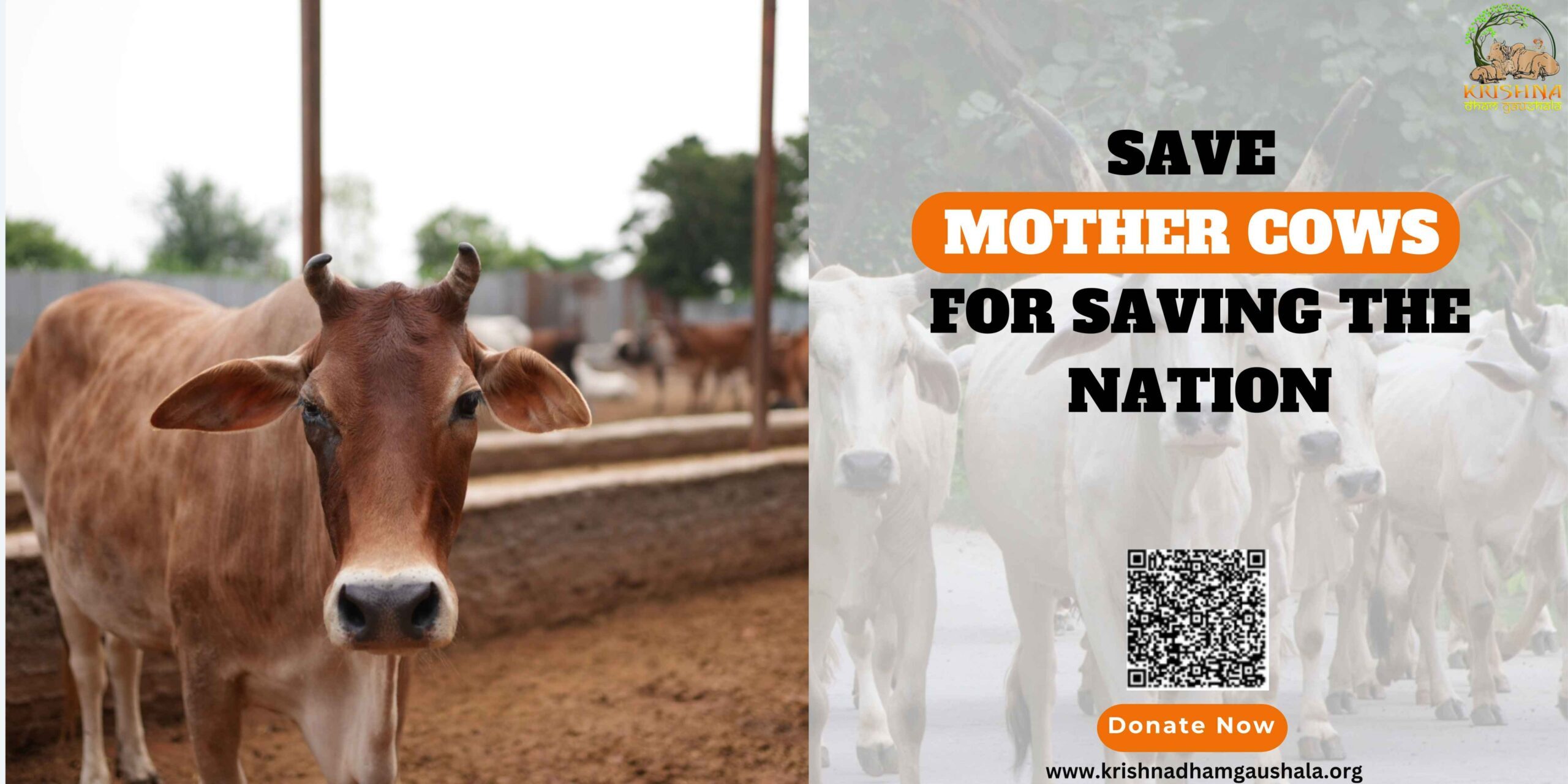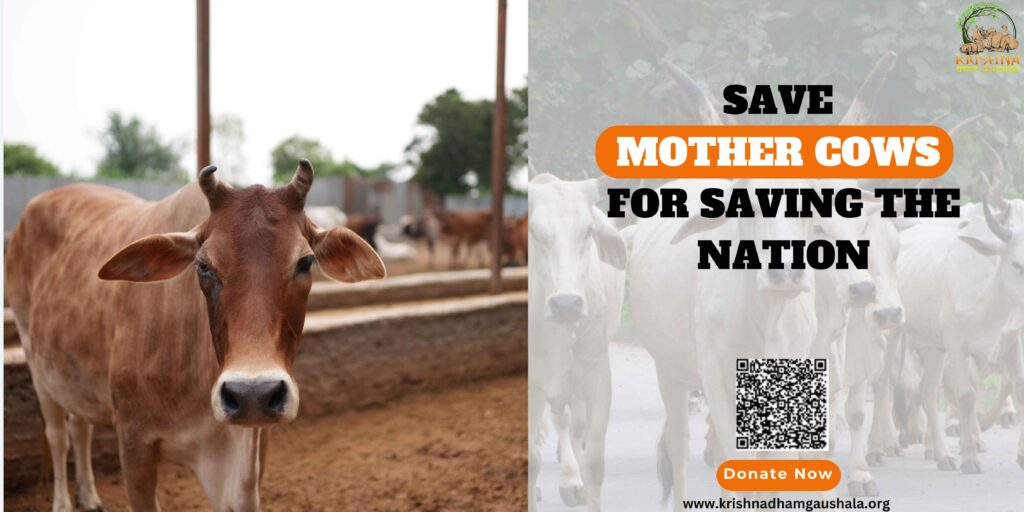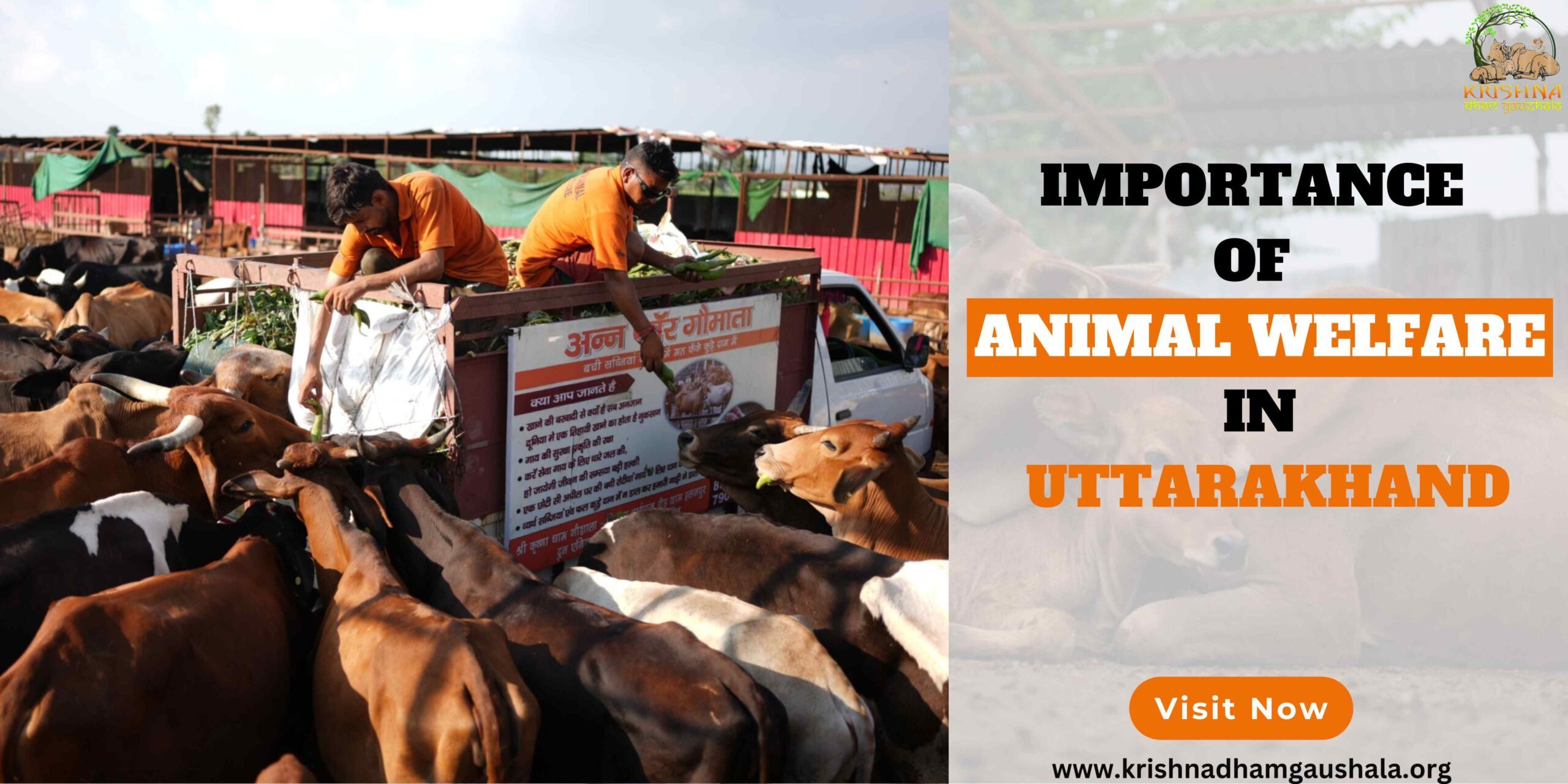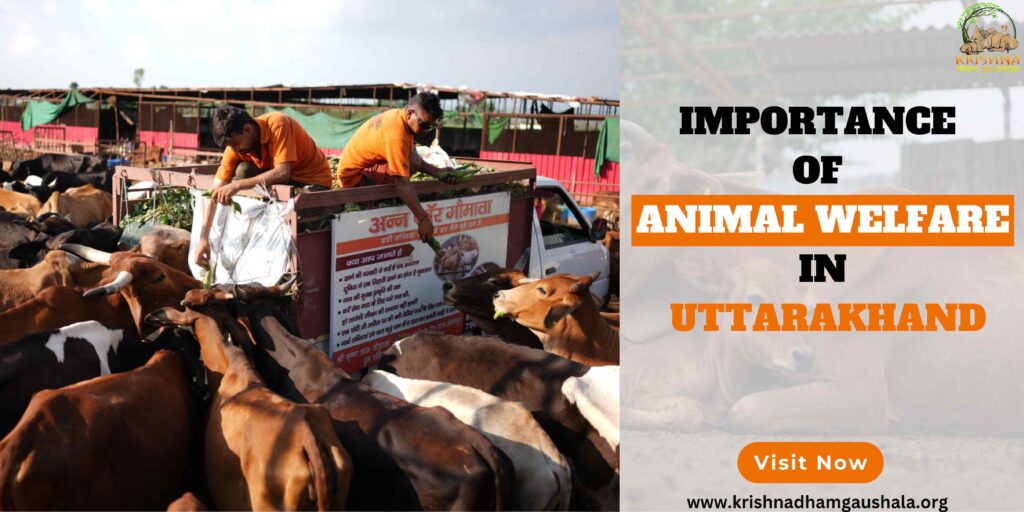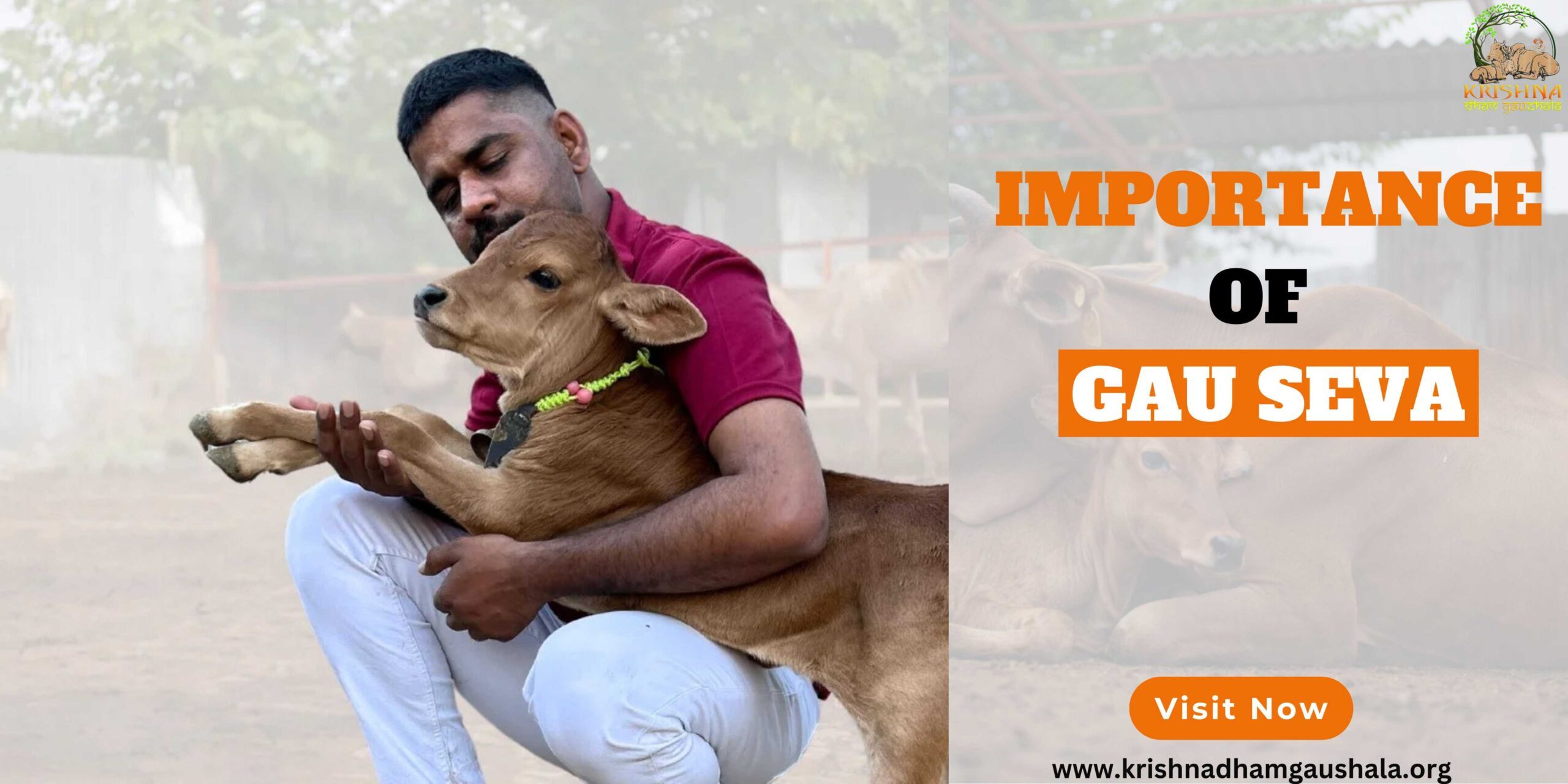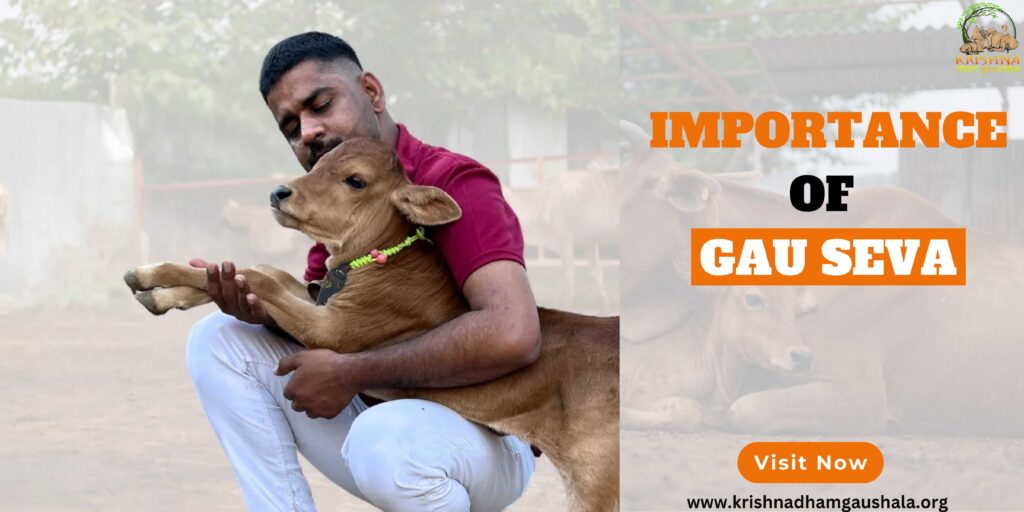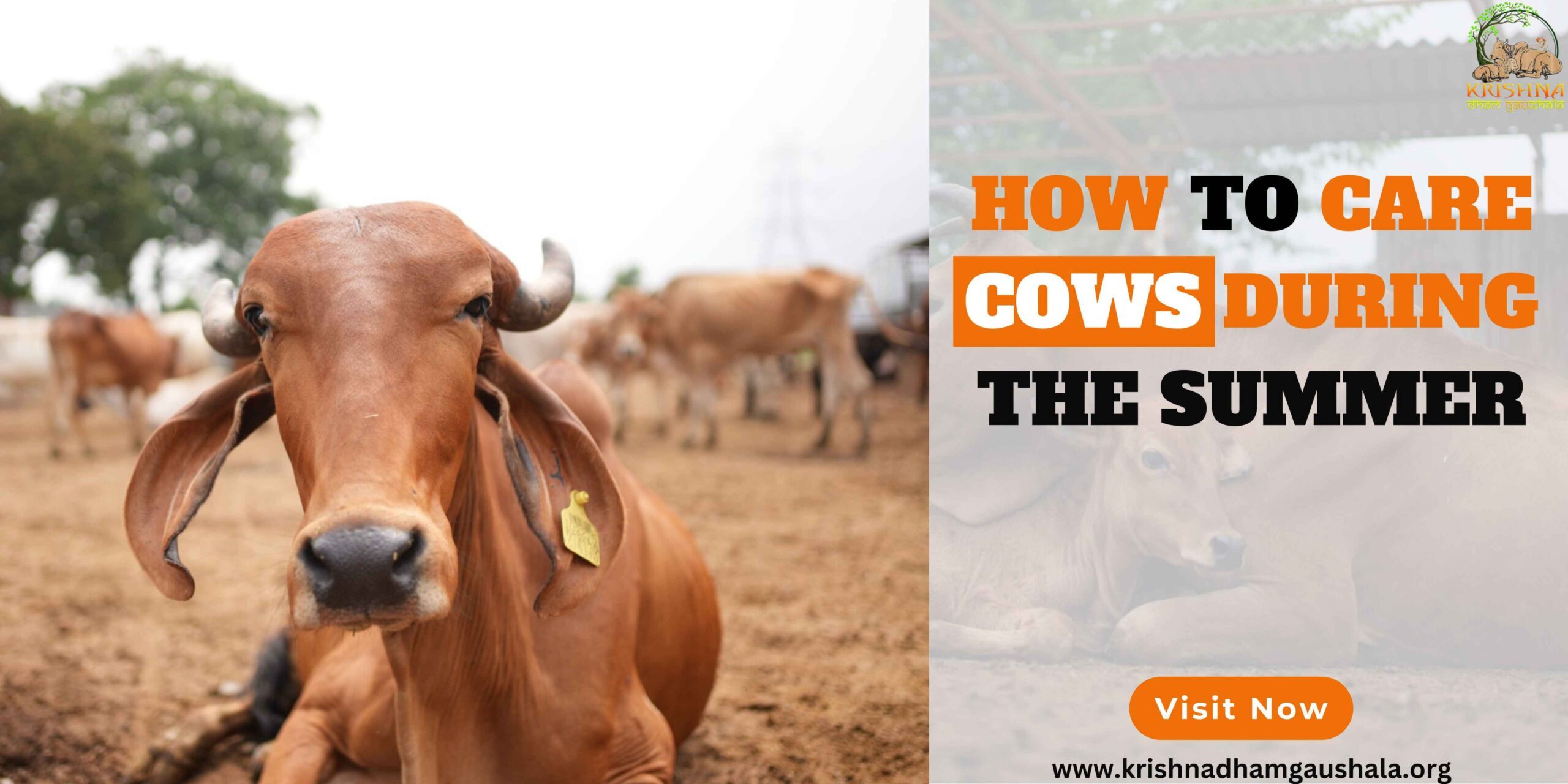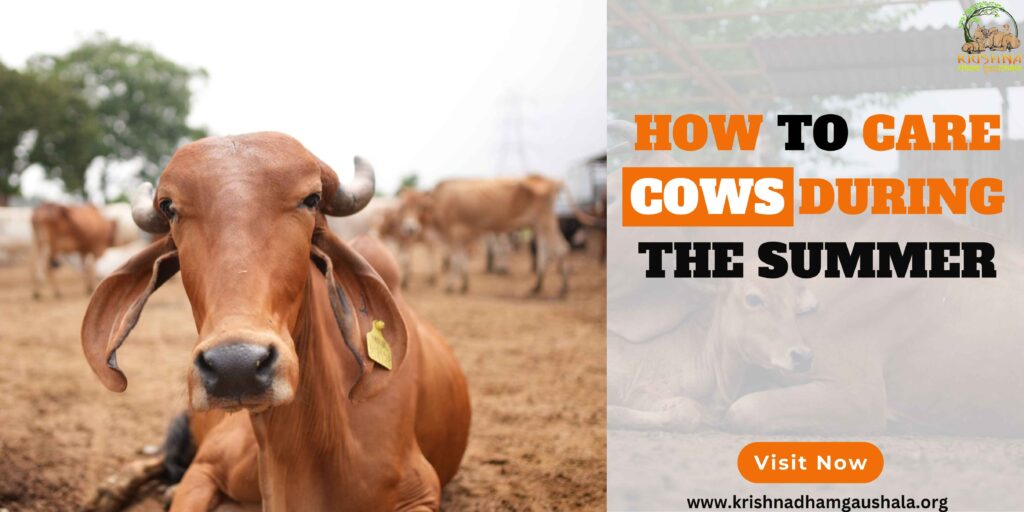Donate to Cows Feeding: Save Cows by Donating to This Gaushala
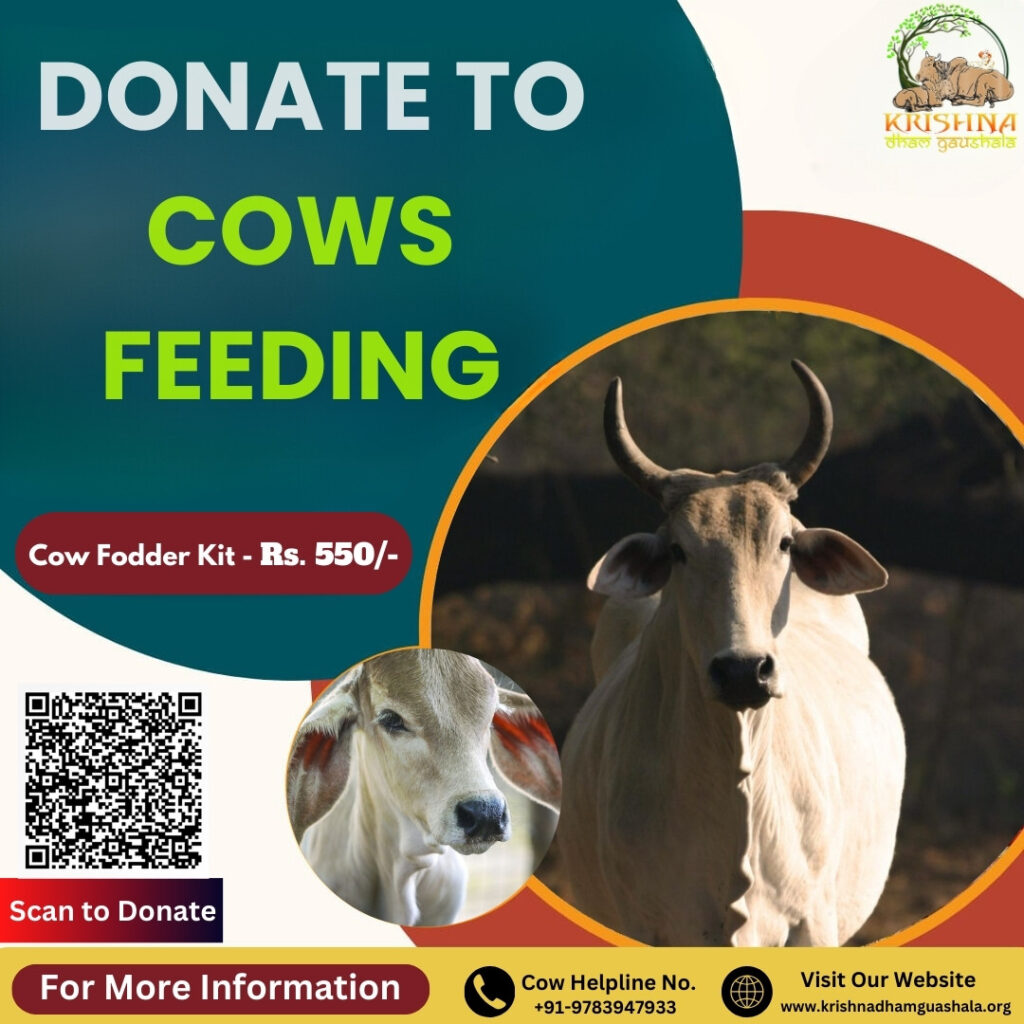
Donate To Cows Feeding
Cows hold a special place in our hearts and culture, and their well-being is of utmost importance. At Krishna Dham Gaushala in Dehradun, we are dedicated to the care and protection of these gentle beings. Our mission is to create a safe and nurturing environment where cows can live happily and healthily. With your support, we can continue to provide the best care for our cows and save more lives. Here’s how you can help.
1. About Krishna Dham Gaushala – Donate To Cows Feeding
Krishna Dham Gaushala is more than just a shelter for cows. It is a sanctuary where they are treated with love and respect. Our gaushala is equipped with modern facilities to ensure the comfort and health of our cows. From spacious feeding areas to regular veterinary check-ups, we take every measure to keep our cows healthy and happy.
2. Why Your Donation Matters
Caring for cows requires resources, and we rely on generous donations from people like you. Here’s how your donation can make a difference:
- Feeding the Cows: A significant part of our expenses goes towards providing nutritious food for our cows. Proper nutrition is essential for their health and well-being.
- Veterinary Care: Regular check-ups and medical treatments are necessary to keep our cows healthy. Your donation helps cover the costs of medicines and veterinary services.
- Shelter Maintenance: Maintaining a clean and safe environment is crucial. Donations help us keep the shelter in good condition, providing a comfortable space for the cows.
- Rescue Operations: We often rescue abandoned or injured cows. Your support enables us to bring these cows to our gaushala and give them the care they need.
3. How You Can Help
There are several ways you can donate to cows feeding:-
- Charity Donations: Financial contributions are the most direct way to support our gaushala. Even a small amount can go a long way in providing food and care for our cows.
- Donate Supplies: We also accept donations of cow feed, medical supplies, and other essential items. If you have any of these to spare, they would be greatly appreciated.
- Volunteer Your Time: If you’re in Dehradun, consider volunteering at Krishna Dham Gaushala. Your time and effort can make a huge difference in the lives of our cows.
- Spread the Word: Share our mission with your friends and family. The more people know about our work, the more support we can gather.
4. Our Commitment to Transparency
We believe in complete transparency with our donors. Every contribution is used directly for the care and protection of our cows. We regularly update our supporters on how their donations are being utilized and the impact they are making.
5. Join Our Mission
Saving cows is not just about providing shelter; it’s about ensuring they live with dignity and love. At Krishna Dham Gaushala, we are committed to this cause, but we cannot do it alone. Your support is crucial in helping us continue our work.
By donating to Krishna Dham Gaushala, you are not just feeding a cow; you are saving a life. Join us in our mission to protect and nurture these sacred beings. Together, we can make a difference.
For more information on how to donate or volunteer, please visit our website or contact us directly. Thank you for your support!
Also check out our YouTube Channel

